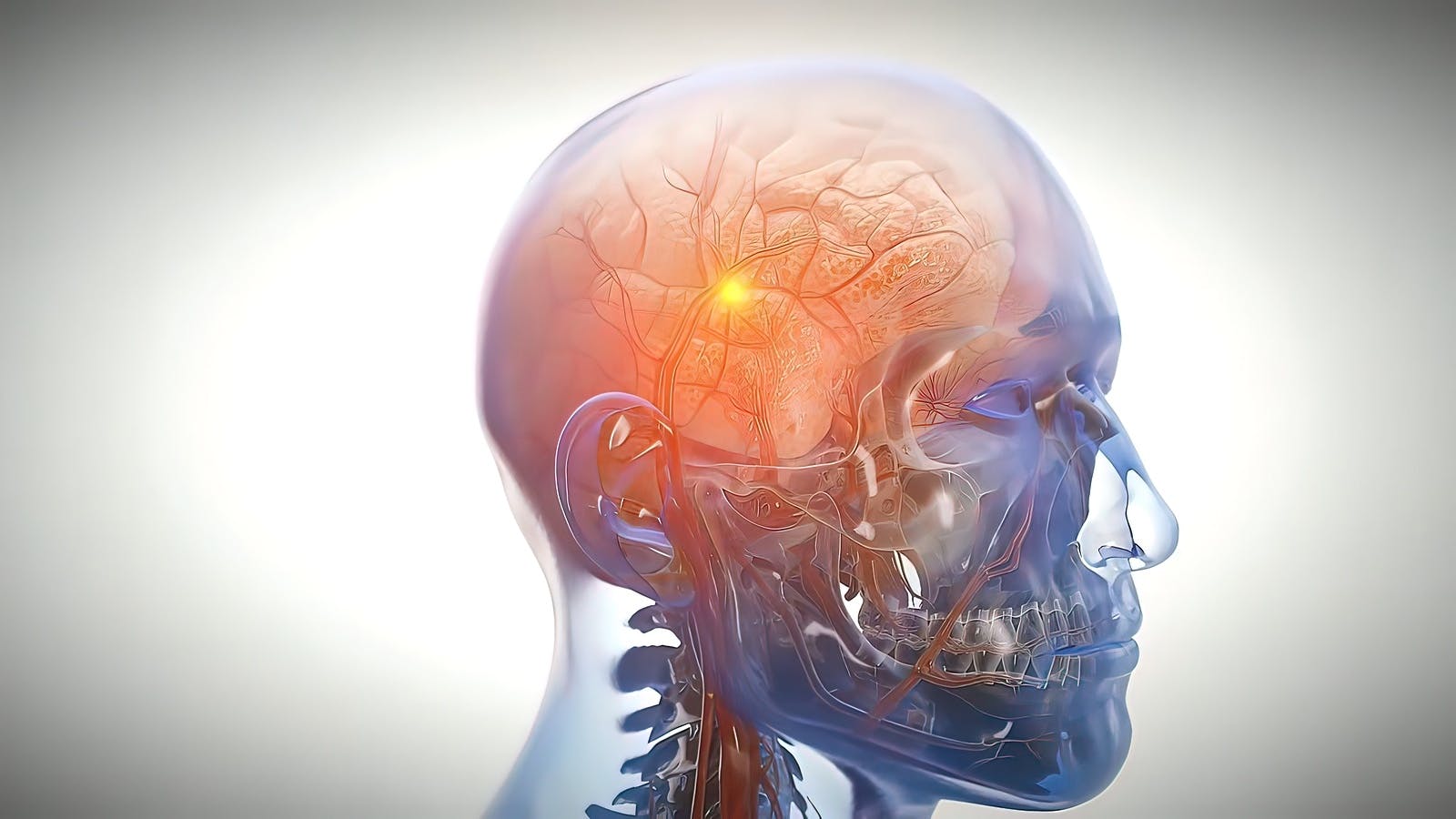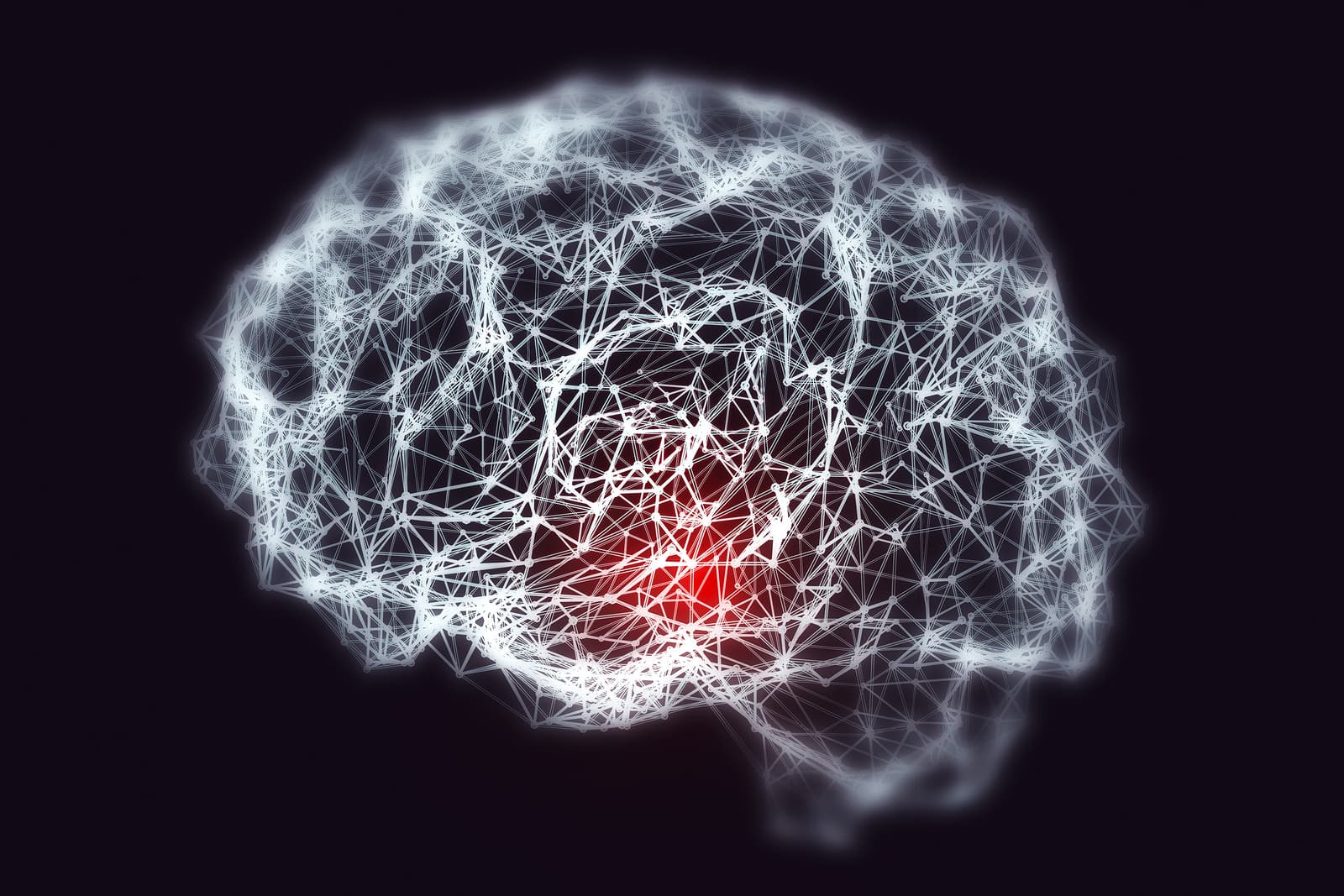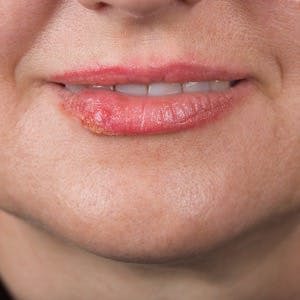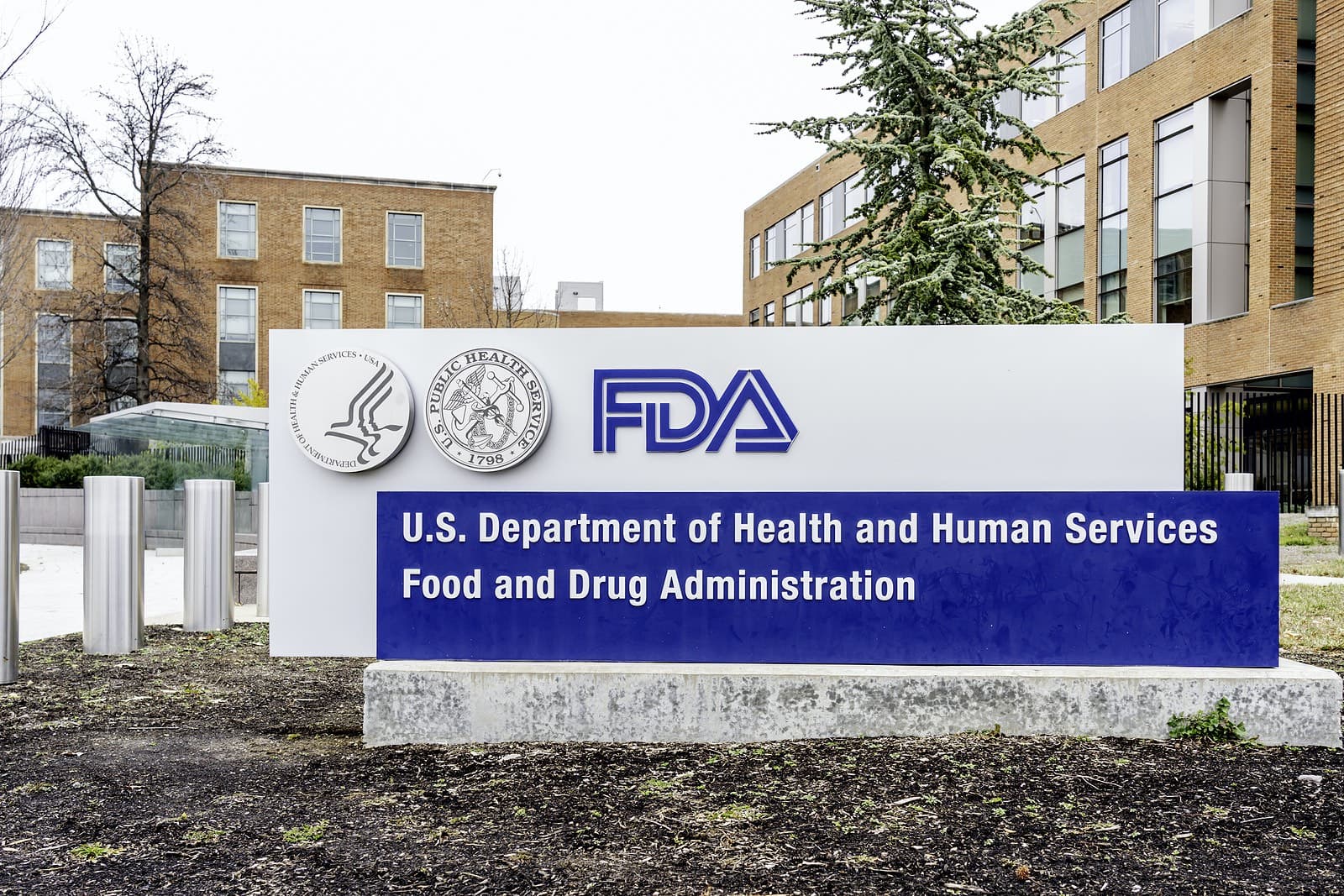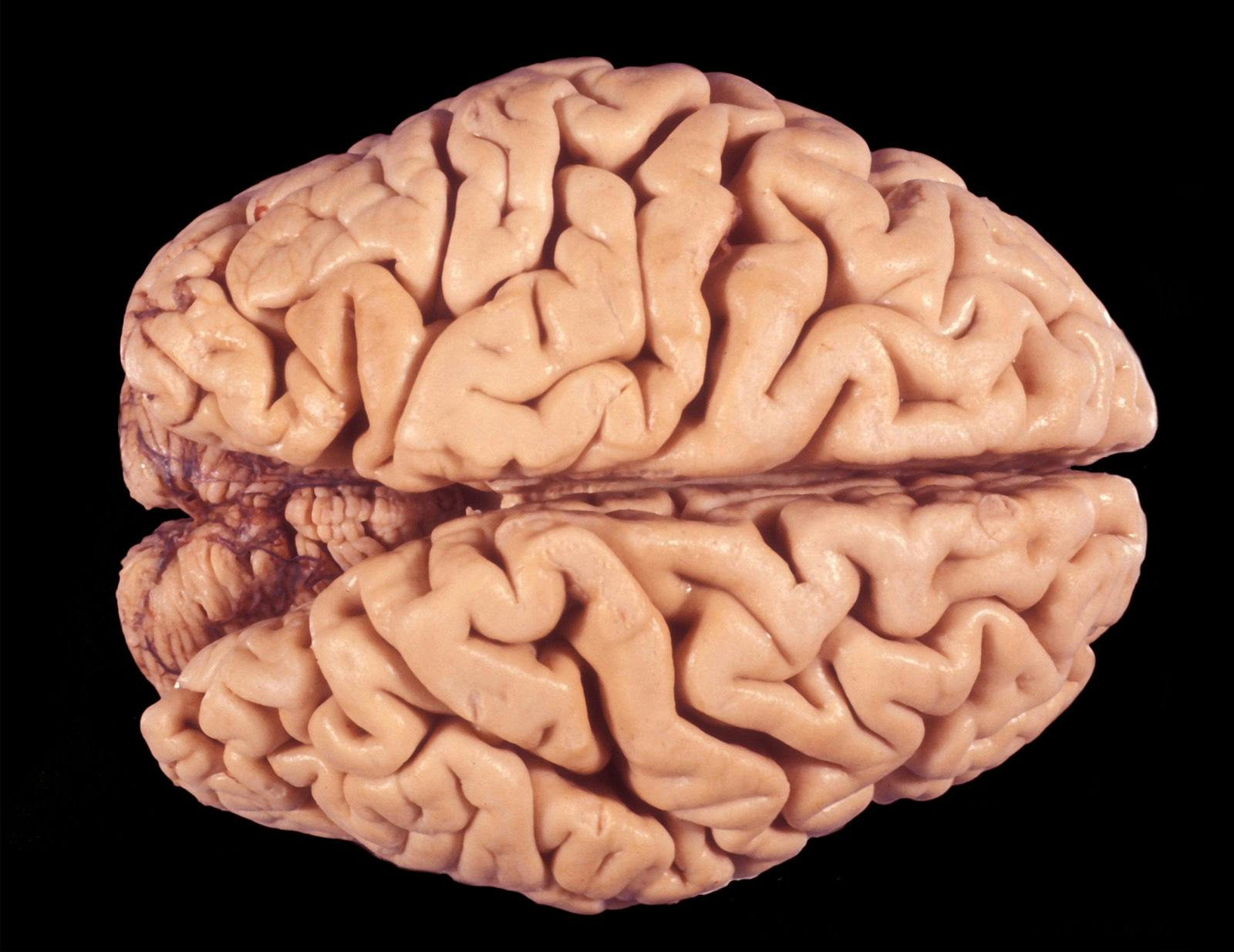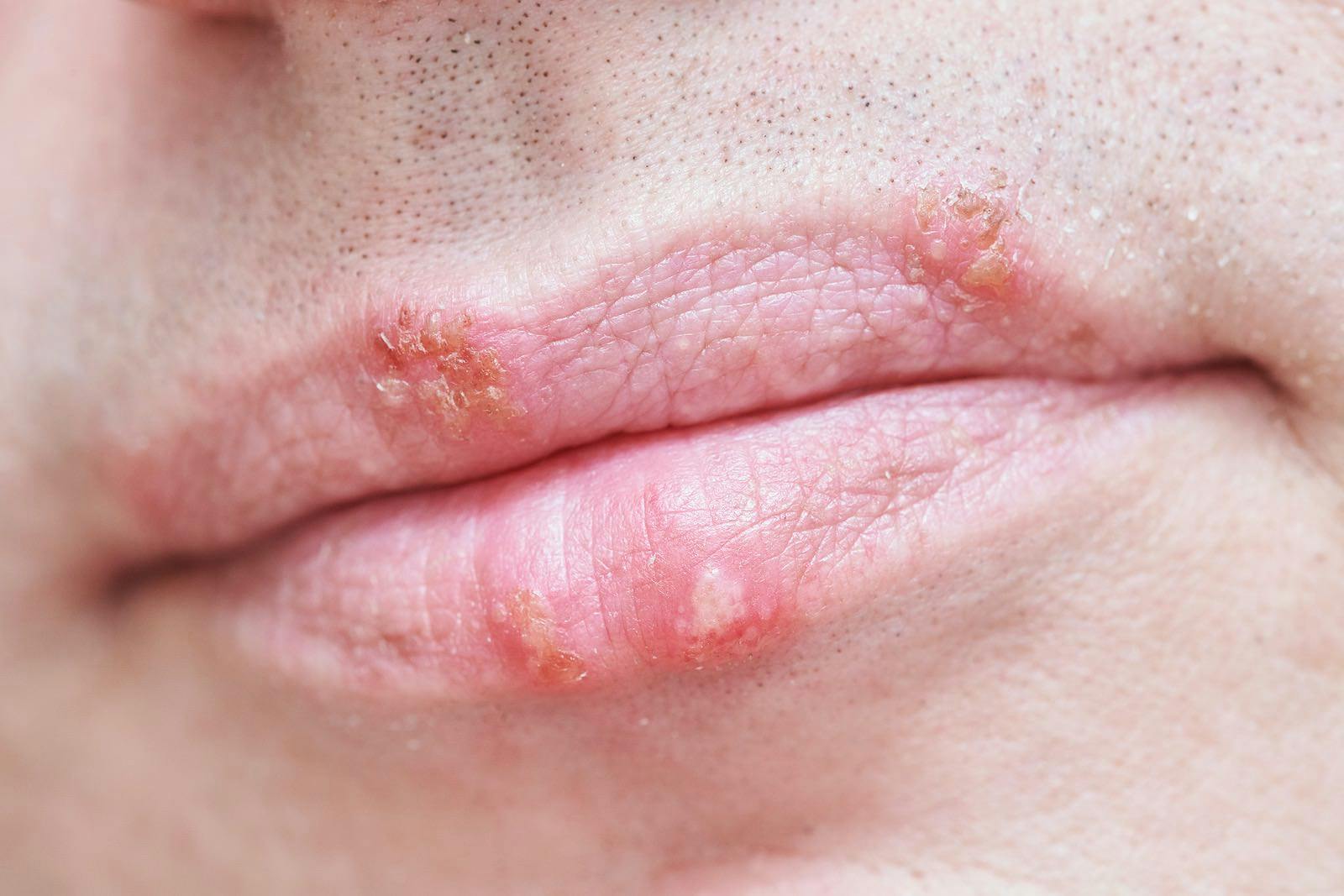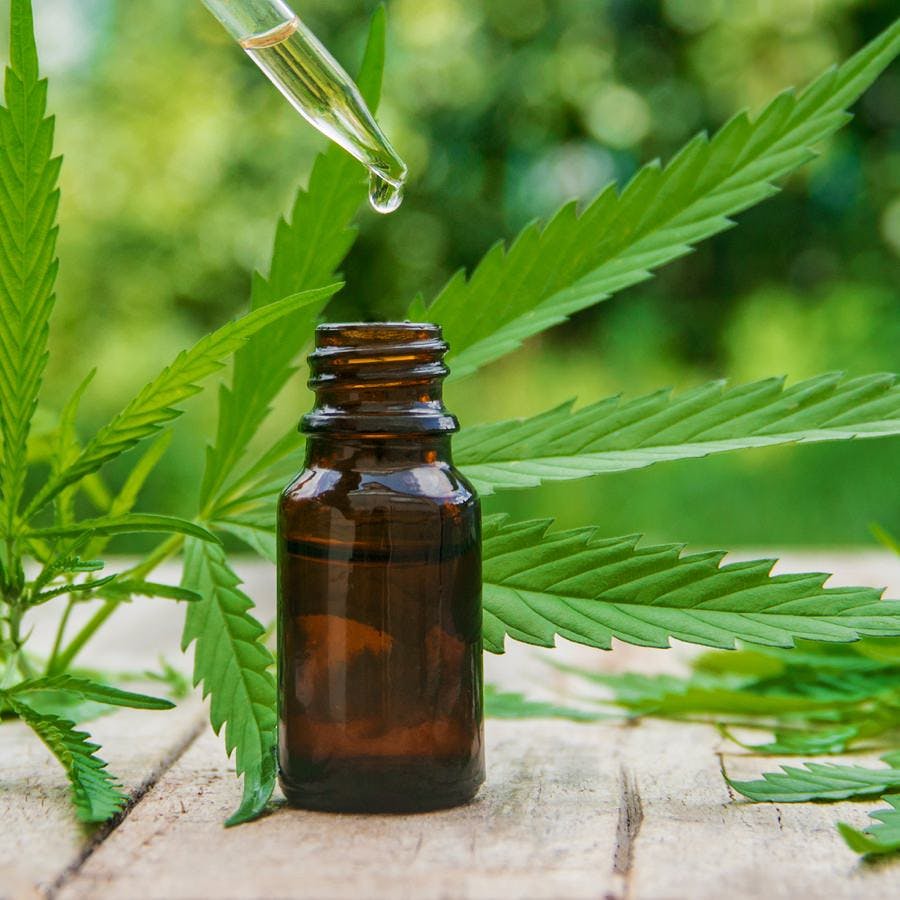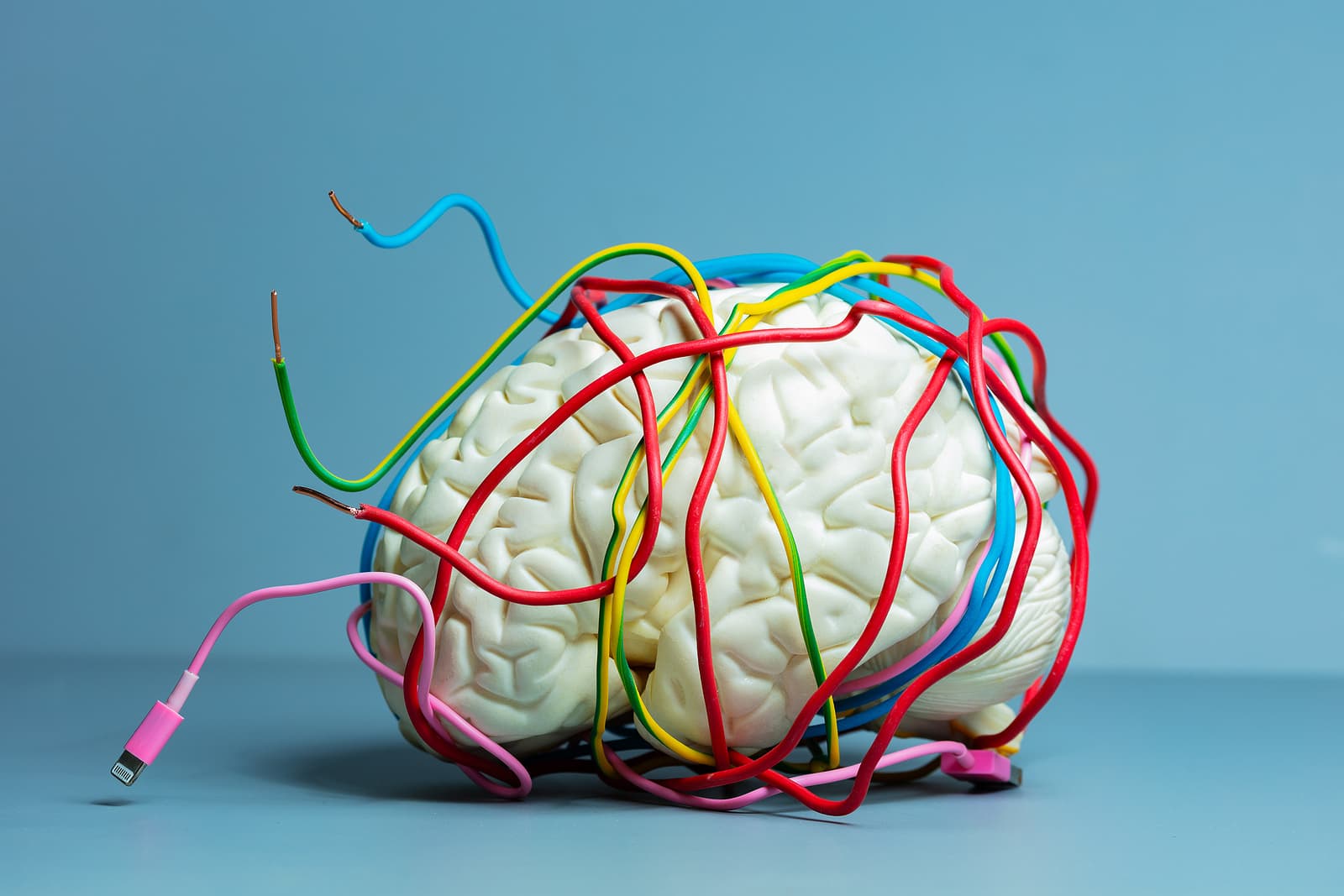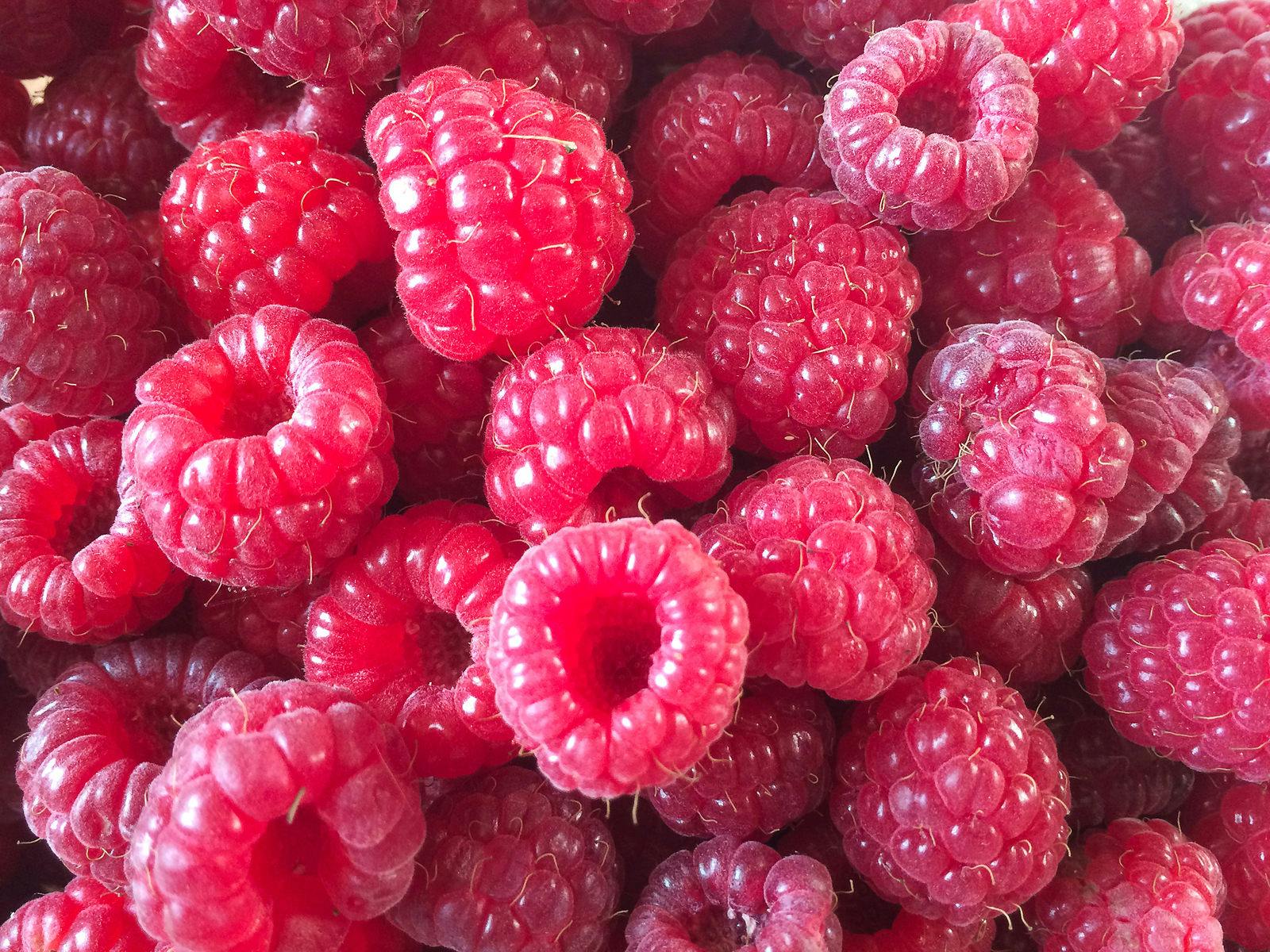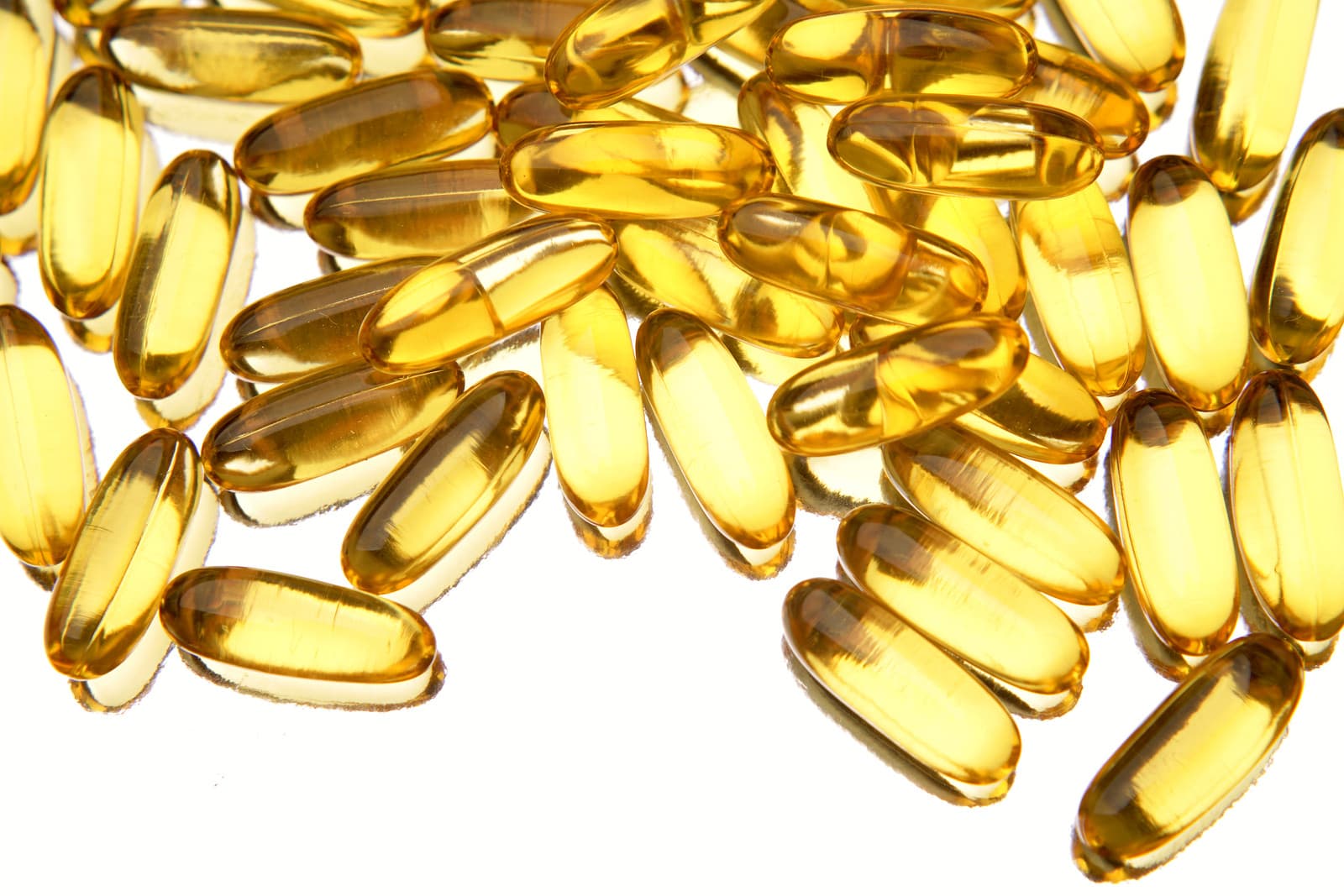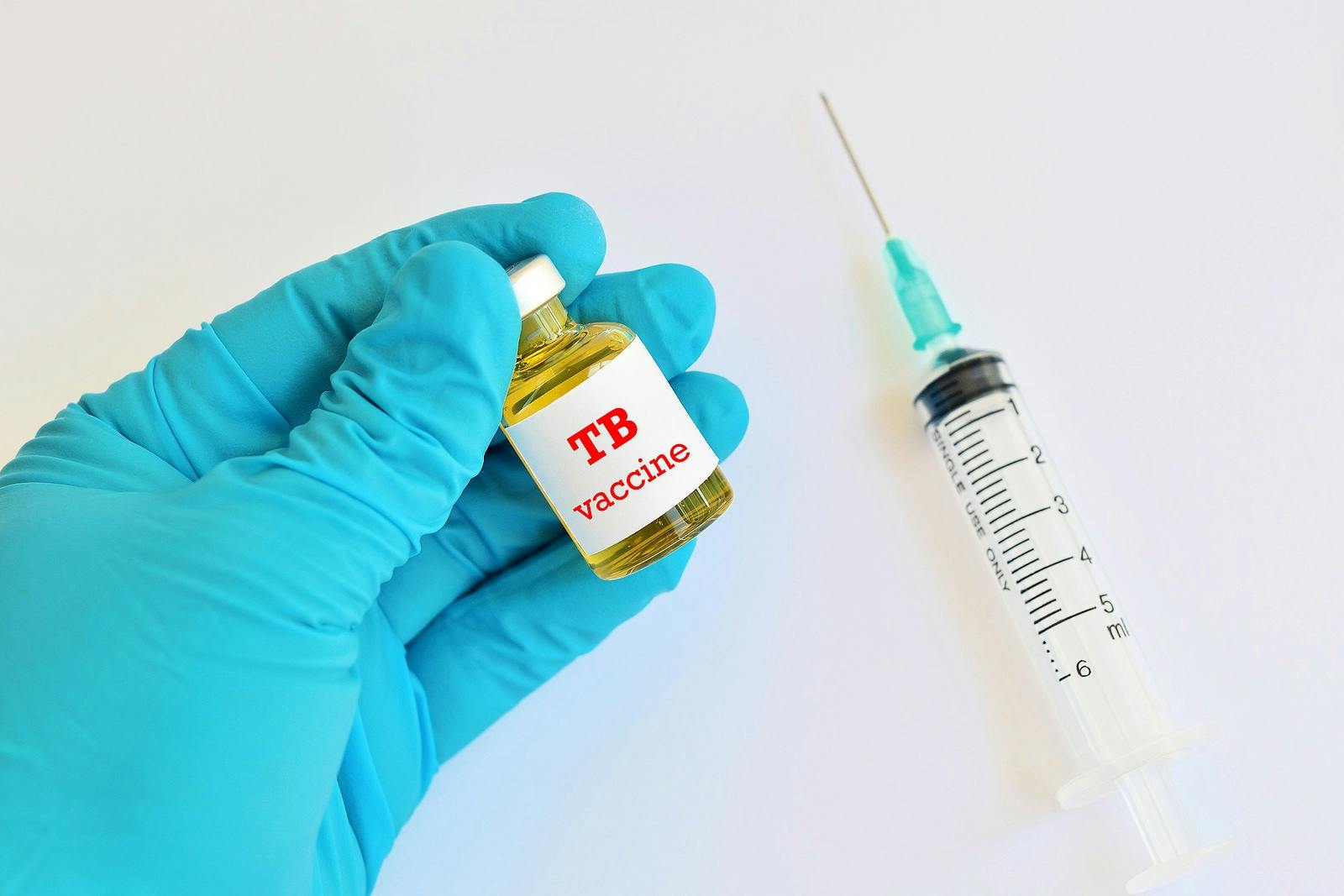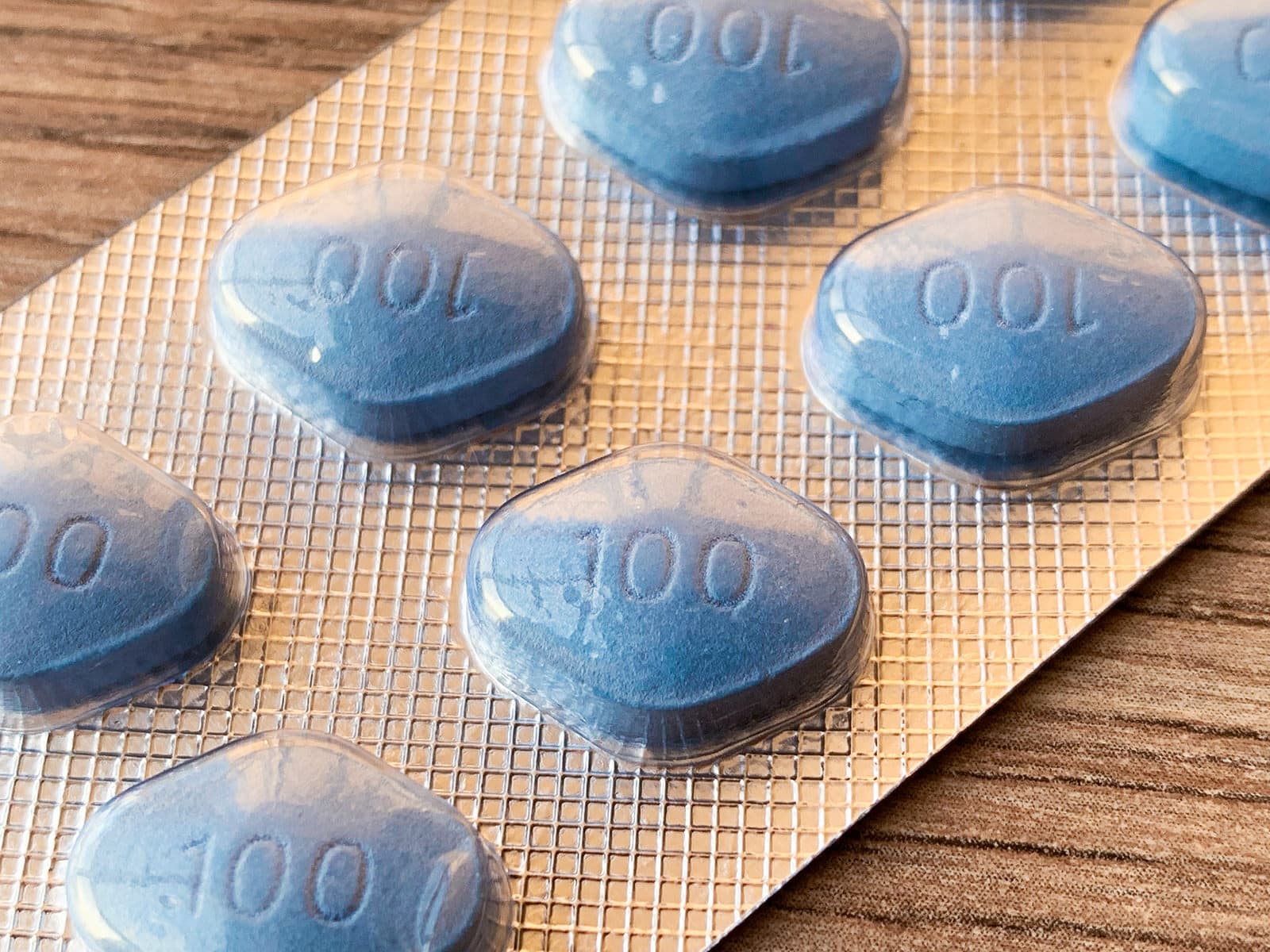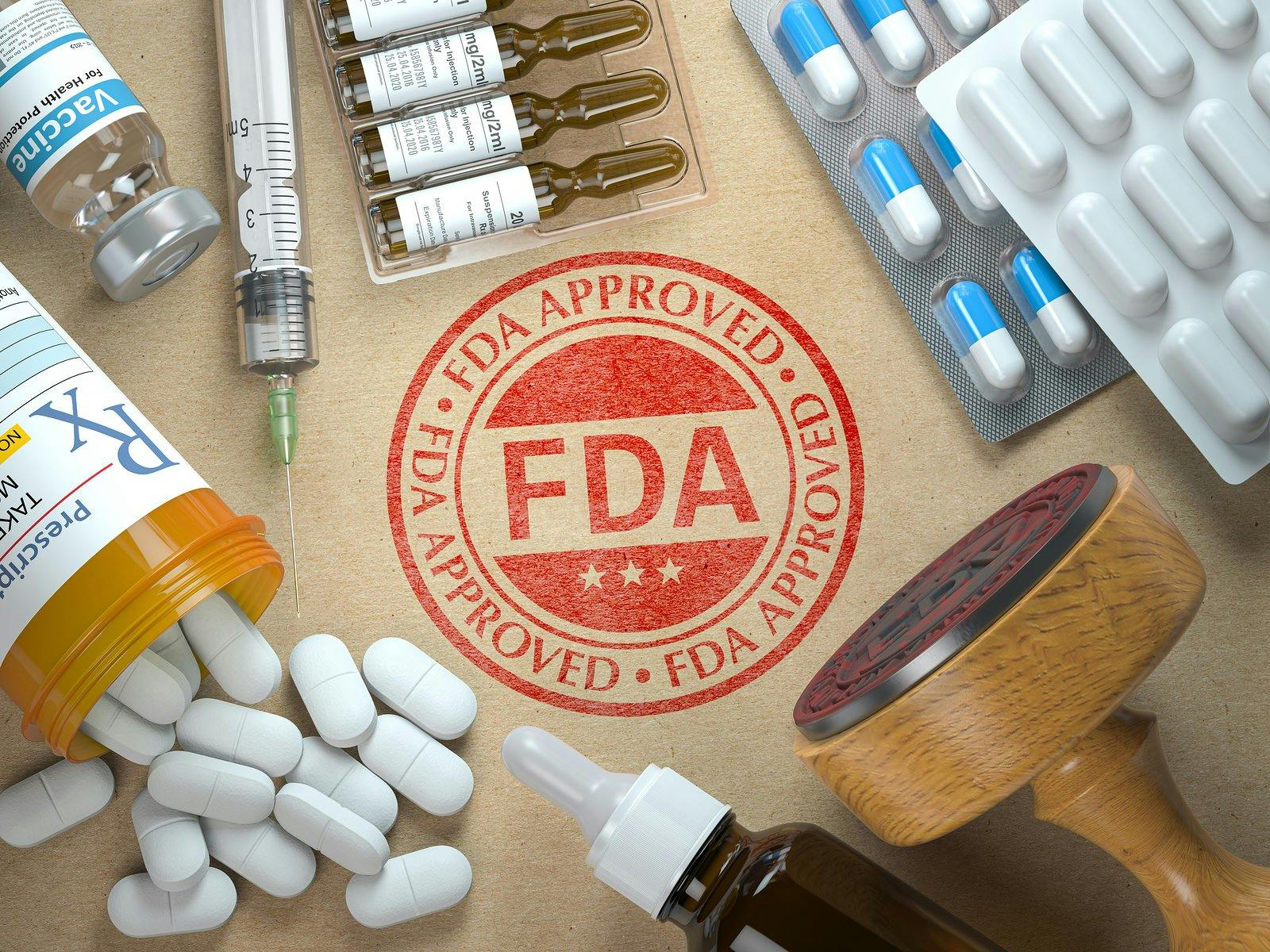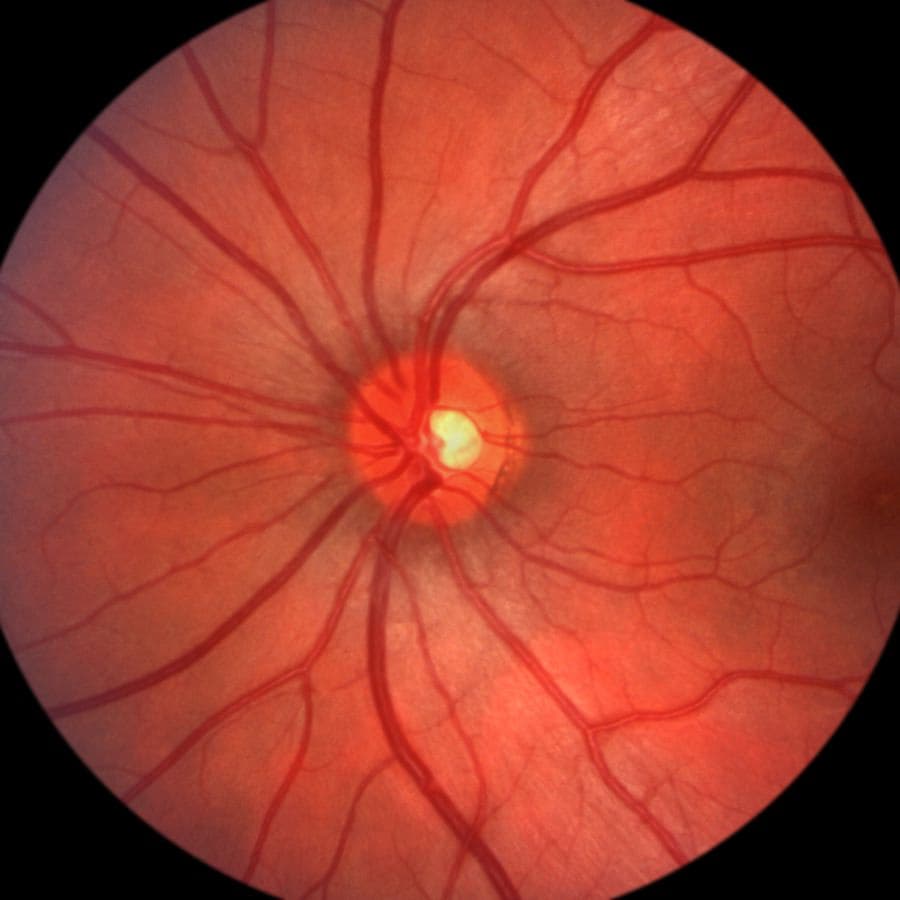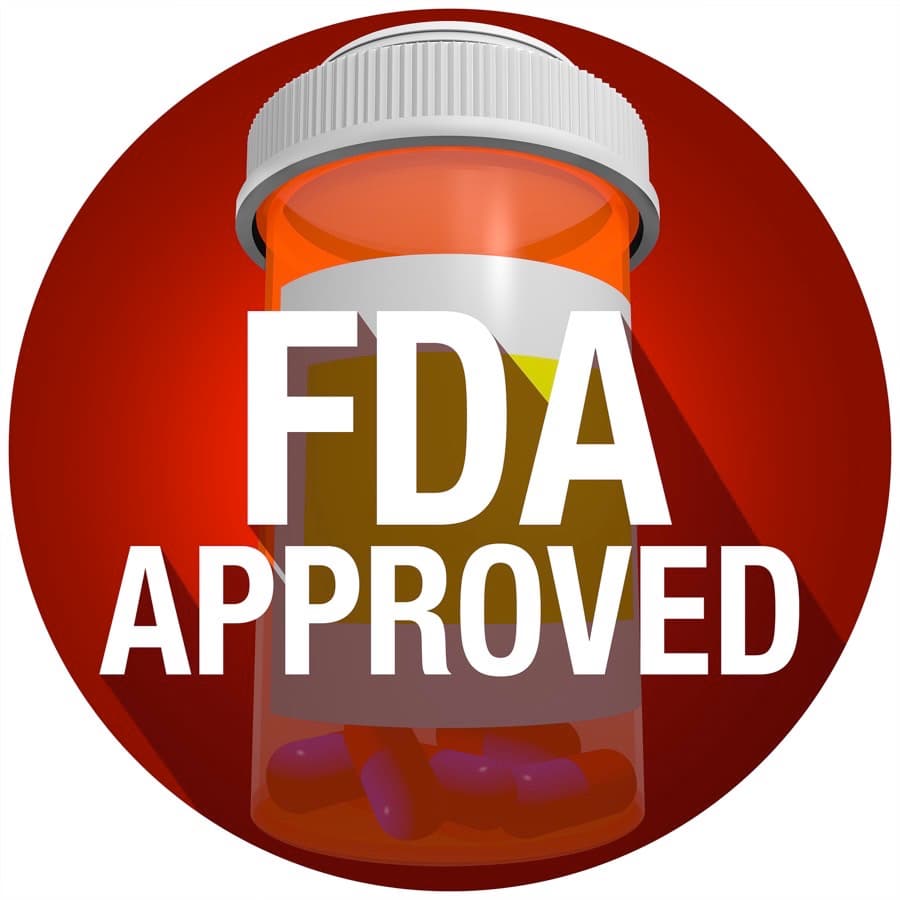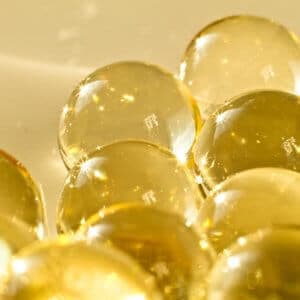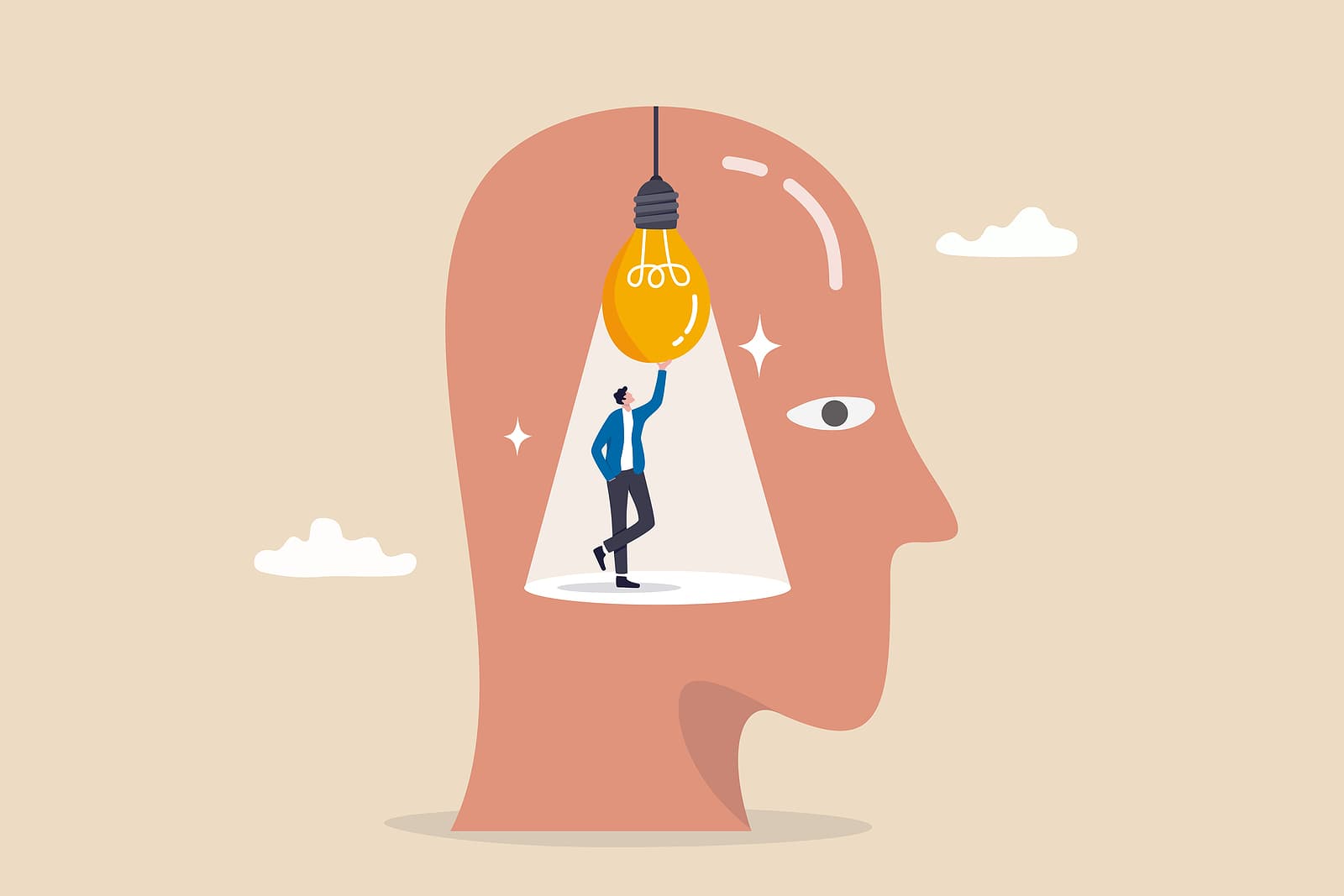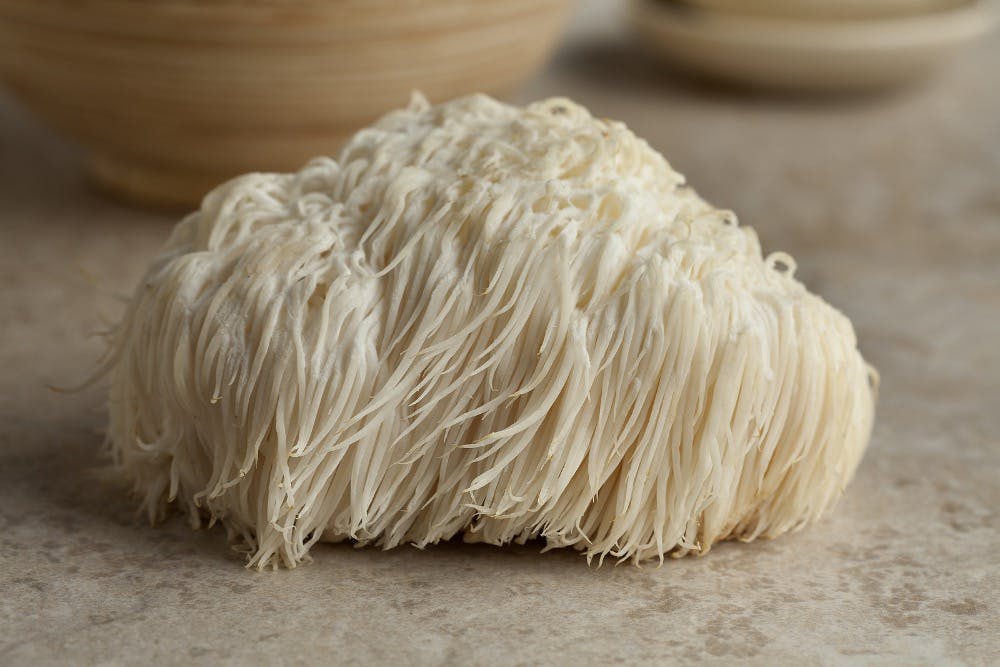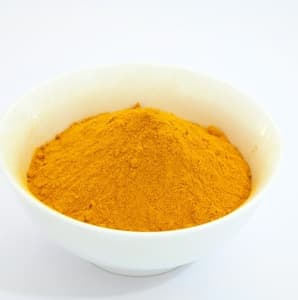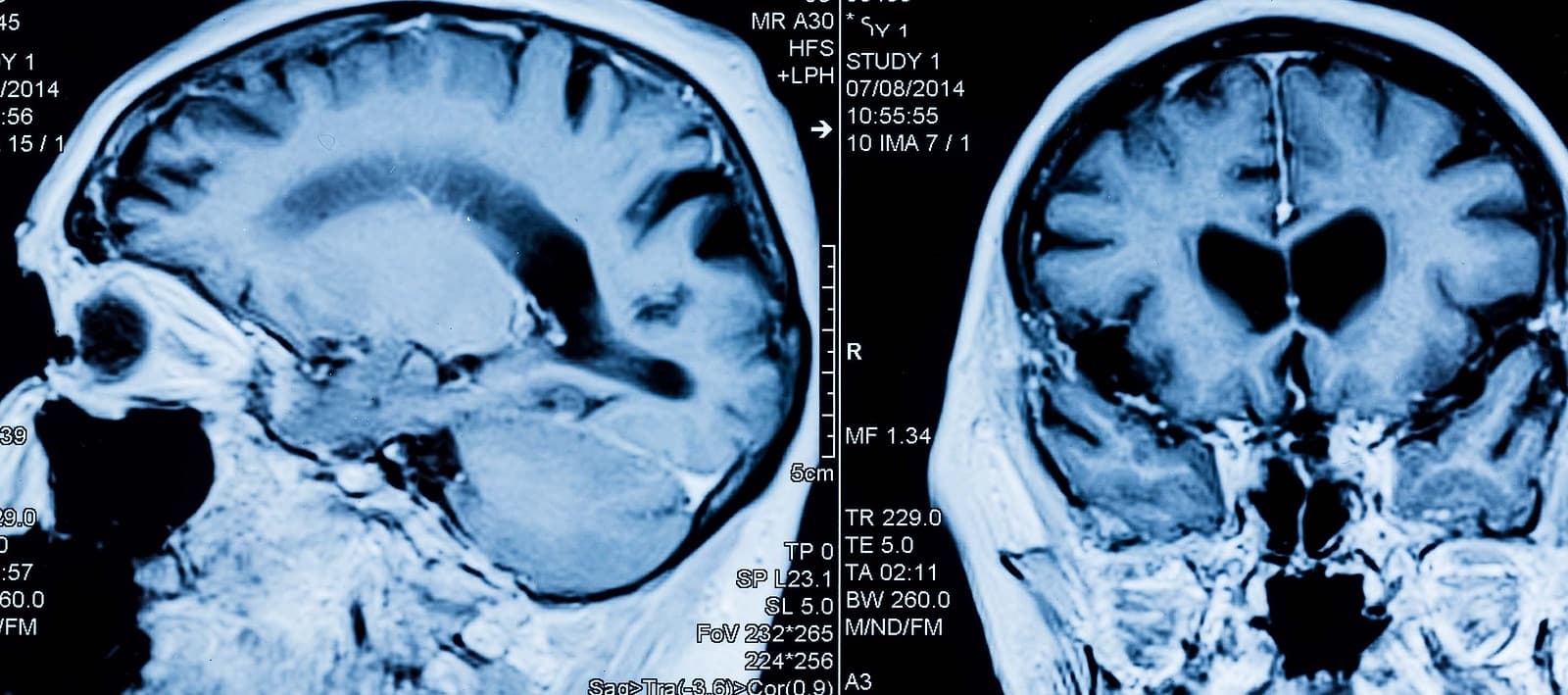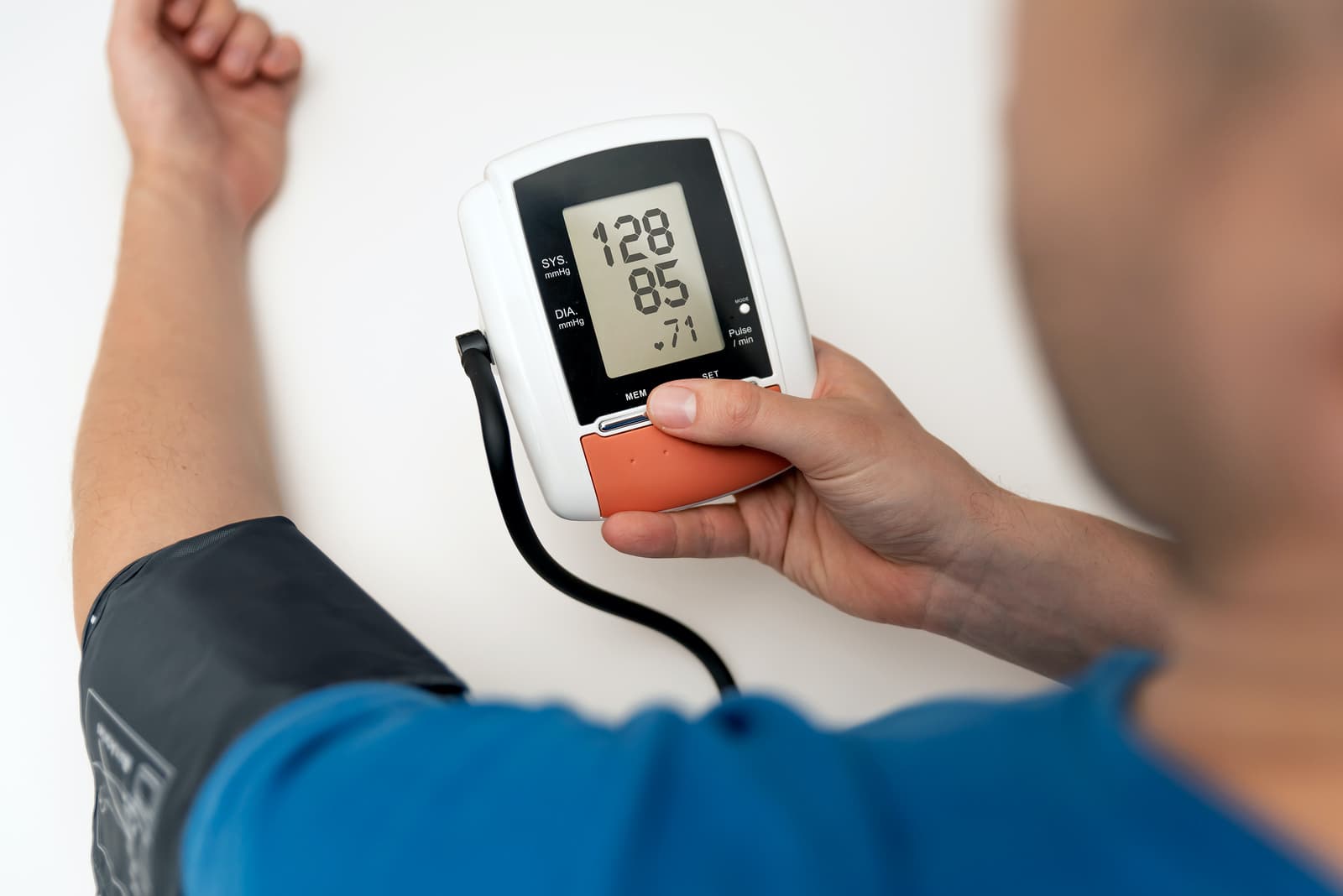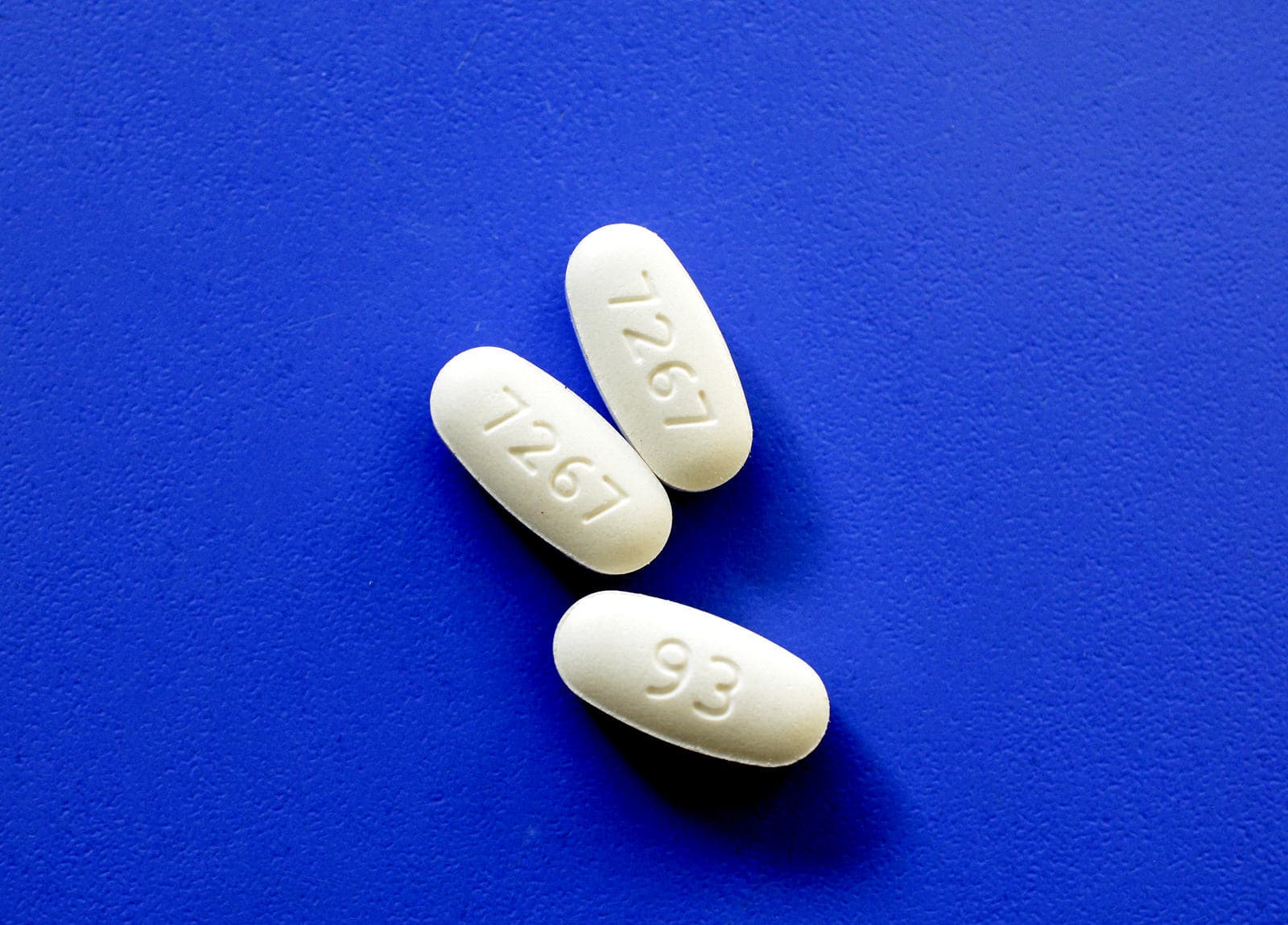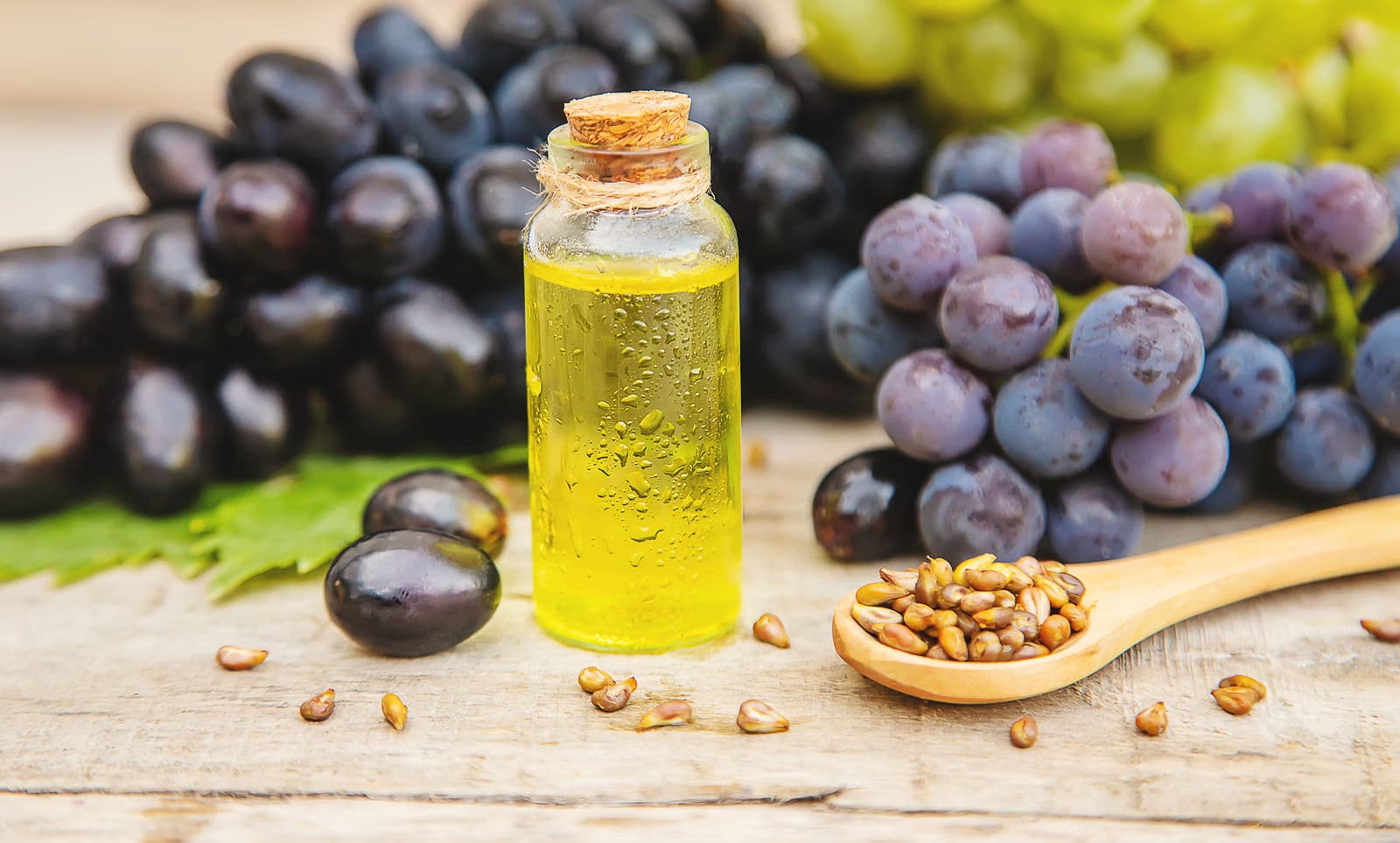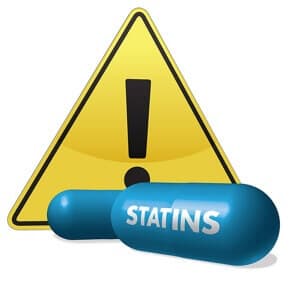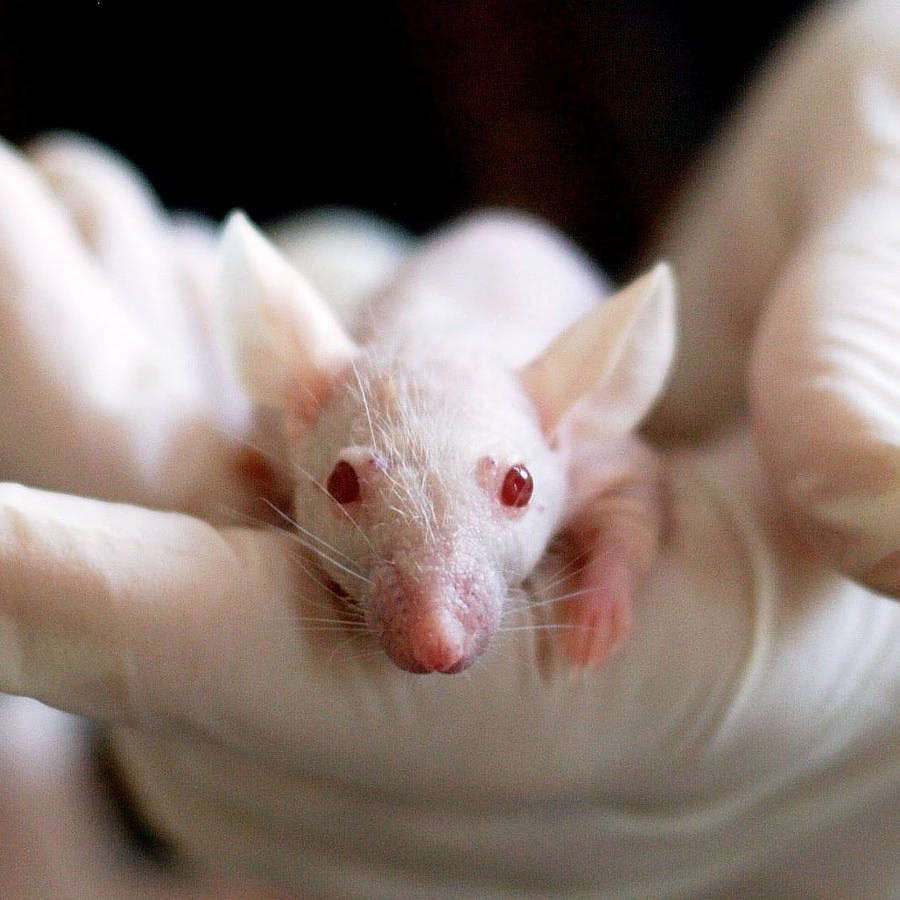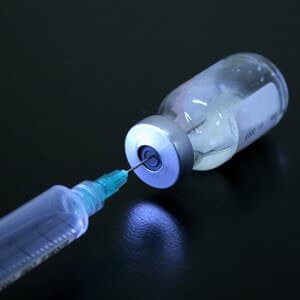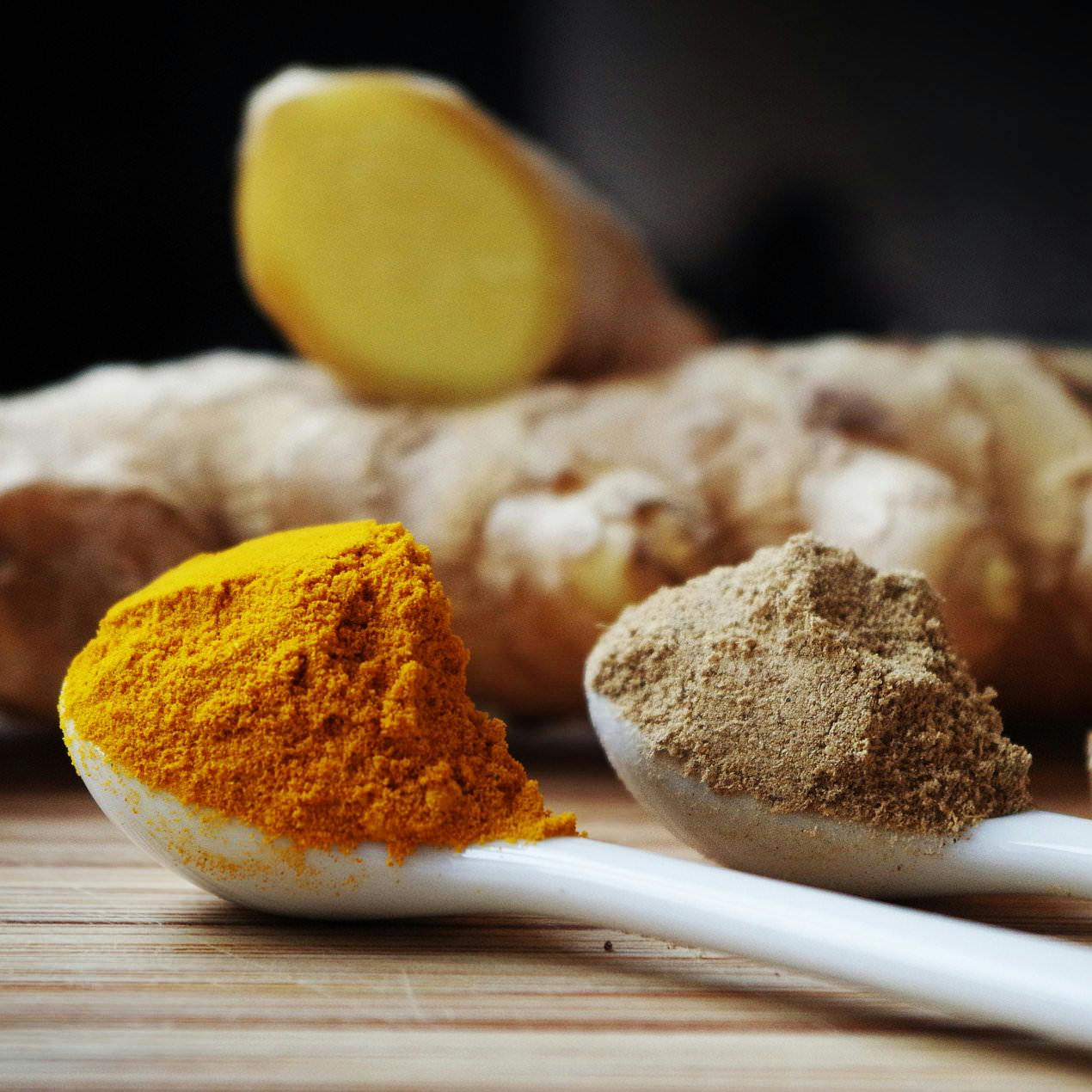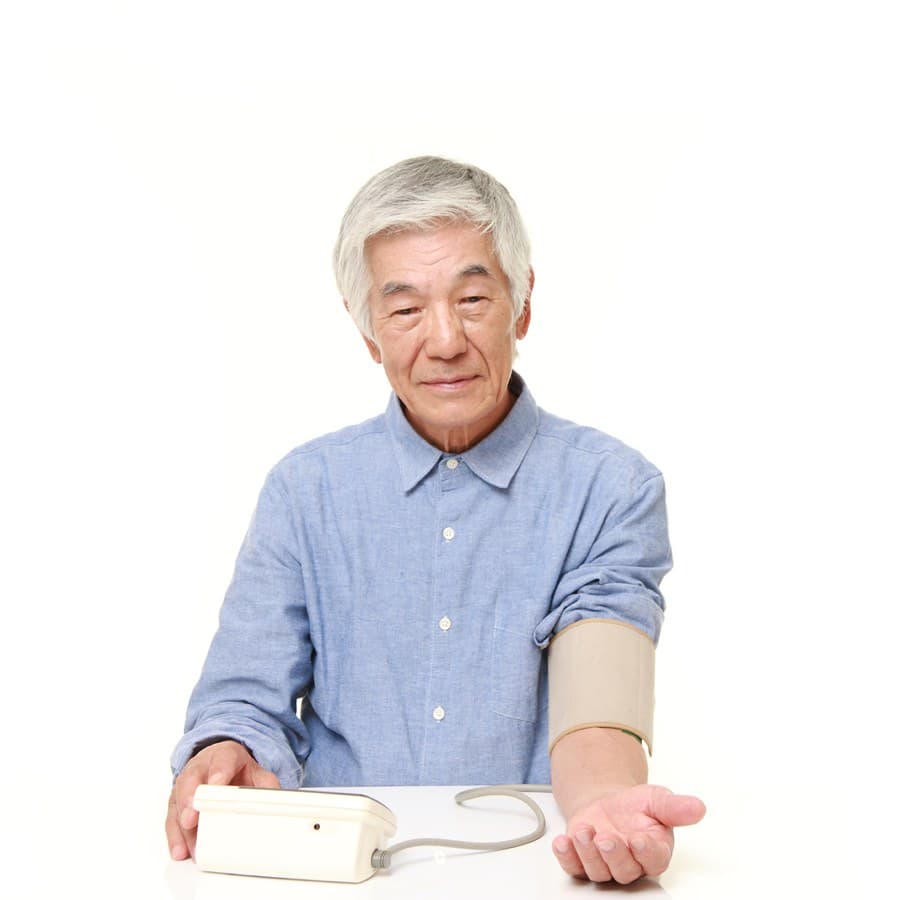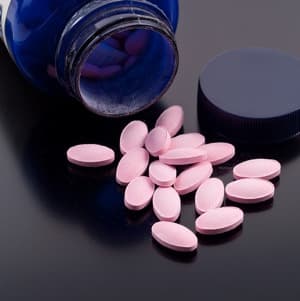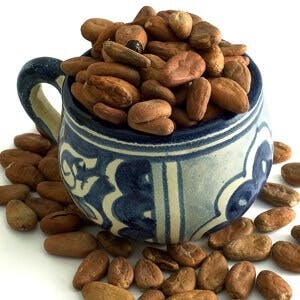Articles categorized as Alzheimers Disease
Lifelong Learning Like Adult Education Courses Help Reduce the Risk of Dementia
Middle-aged people who participate in adult education courses maintain many aspects of intelligence and reduce the risk of dementia.
Can Anti-Herpes Treatments Prevent Alzheimer’s? Sadly…NO!
There is some evidence that herpes viruses contribute to dementia. Could an antiviral drug like Valtrex prevent Alzheimer's? Apparently not!
Show 1455: Common Culprits: How Infections Trigger Chronic Diseases
Evidence is mounting that infections trigger chronic diseases like heart problems or dementia. Evolutionary biology offers clues.
Vaccines Against Dementia? New Evidence Reveals Stunning Protection!
Could a shingles shot prevent and/or slow the development of dementia? New Research expands the case for vaccines against dementia.
Could Step Counters Help Us Ward Off Dementia?
In studies that coupled step counters with coaching by health professionals, volunteers increased their physical activity.
Listen to Music to Stay Sharp and Other Steps to Prevent Dementia
Could listening to or playing music be one of the key steps to prevent dementia? A new study says YES! Read about other strategies as well.
Show 1451: Rethinking Dementia: Is What We Believed about Alzheimer’s Wrong?
Instead of focusing only on amyloid plaque in the brain, should we be rethinking dementia? Multiple interventions could protect cognition.
Reduce Your Risk of Dementia with Physical Activity
Physical activity was linked to less cognitive decline among seniors in several studies. How are you staying active?
The Vaccine Controversy Is Dividing America
The vaccine controversy isn't just about science. It's also about fear, freedom and faith in medicine. Personal stories of pain and protection
How Good Is the Shingrix Vaccine Against Shingles, Heart Disease or Dementia?
Will the Shingrix vaccine protect you from shingles or postherpetic neuralgia? What about dementia or cardiovascular complications?
Is Gum Disease a Culprit Leading to Heart Disease?
Saturated fat in the diet may not be the only or perhaps the main culprit leading to heart disease. Gum health counts, too.
What’s In Your Armpits: Magnesium or Aluminum?
We're pitting magnesium vs. aluminum. Which is safer? Should you care what's in your armpits? Get 20% off our magnesium-rich deodorant!
Will Gum Disease Boost Your Risk for Dementia?
Certain bacteria that can cause gum disease are linked to dementia or Alzheimer disease. Flossing and dental care may protect the brain.
The Infection Factor: Rethinking Heart Disease and Dementia
Research links pathogens to heart attacks, strokes, and cognitive decline. Rethinking heart disease prevention could start with vaccination.
Shingles Vax Reduces Risk of Heart Attack, Stroke, and Alzheimer’s!
Common infections–colds, flu, COVID, UTIs and SHINGLES–are linked to heart attacks and strokes. Could a shingles vax reduce the risk of AD?
What Should You Eat to Reduce Your Risk of Dementia?
Studies suggest produce rich in flavonoids and folate are among the foods you should eat to reduce your risk for dementia.
Rediscovering Low-Dose Lithium for Mood Disorders
Doctors prescribe lithium for bipolar disorder. Side effects are scary! Is low-dose lithium safer for mood disorders or dementia prevention?
Will Olive Oil Protect Your Brain?
Both people and mice getting extra-virgin olive oil in their diets had better cognitive function. It could protect your brain as well.
Will COVID Increase the Risk of Alzheimer’s Disease or Cancer Reactivation?
Will people who catch COVID-19 be at higher risk of Alzheimer's disease? New research on this and the reactivation of dormant cancer cells.
Will L-Lysine for Cold Sores Protect the Brain from Alzheimer Disease?
Harvard researchers have come up with a novel hypothesis about the cause of Alzheimer's disease. A reader wonders if L-Lysine for cold sores could help?
Could A PERSONALIZED Exercise Program Save Your Brain?
Randomized controlled trials answer the question: Could exercise save your brain? with yes. Following a DASH diet as well may help even more.
How Can You Keep Your Brain Healthy?
Staying mentally active and following a diet rich in colorful produce can help you keep your brain healthy. Having fun helps too!
Will Your Diet Help You Avoid Dementia?
People who eat lots of vegetables and healthy fats like olive oil may avoid dementia better than those following a pro-inflammatory diet.
Insulin Resistance Raises the Risk for Alzheimer Disease
People with insulin resistance appear to be at higher risk for Alzheimer's disease diagnoses as they grow older; can this trend be reversed?
Can You Prevent Alzheimer Disease with L-Lysine?
Data linking herpes virus infections (HSV-1) with a higher risk of dementia offer hope that taking L-lysine might prevent Alzheimer disease.
Personalized Approach Can Lower Risk for Dementia
Older people have a lower risk for dementia if they can address several risk factors such as sedentary habits, depression or hypertension.
Staying Fit Helps the Brain as Well as the Body
Staying fit with gardening, walking or other exercise does more than keep your heart healthy. It also reduces your risk of dementia.
Herpes Hypothesis? Antiviral Herpes Drugs vs. Alzheimer Disease?
Research shows that herpes infections might contribute to Alzheimer's. Could a shingles vax + antiviral herpes drugs help prevent dementia?
Who Should Take Leqembi (lecanemab) for Dementia?
How good is Leqembi against Alzheimer's? Who can take it? What are the side effects? How much will it cost? Will Medicare pay for it?
Could Antiviral Drugs Help Control Alzheimer Disease?
Do viruses contribute to Alzheimer's disease? If so, could antiviral drugs help control Alzheimer disease? Anti-HIV drugs may be helpful.
Could Aggressive Blood Pressure Control Save Your Brain?
A new Chinese study suggests that aggressive blood pressure control may reduce the chance of dementia. How impressive are the data?
What Can Help You Stay Sharp as You Age?
Maintaining physical activity and consuming blueberries, turmeric and rosemary may help you stay sharp as you age. Which will you try?
Can Your Medicine Cause Confusion or Memory Loss?
What do you call brain fog–confusion, forgetfulness or memory loss? It can be devastating! Do some drugs increase the risk of dementia?
Do You Have Confidence in the FDA? Has this Watchdog Lost Its Bite?
A revolving FDA door allows leaders from Big Pharma to head the FDA and then return to industry. Does that give you confidence in the FDA?
Antidepressant Drugs and Dementia: The Link Gets Stronger!
People think Alzheimer disease is caused by bad genes or bad luck. But data link anticholinergic and antidepressant drugs and dementia.
Forgetfulness or Worse: Are Medications Raising Your Risk for Dementia?
Are common OTC and Rx drugs capable of raising your risk for dementia? Which meds could be chipping away at memory? Beware hidden dangers.
Show 1416: Exposing Fraud and Arrogance in Alzheimer’s Research
An intensive examination of research publications on Alzheimer's found that several showed telltale signs of fraud and arrogance.
Memory Makers or Memory Takers: Medications and Dementia
An ambitious review of studies shows links between medications and dementia. Some increase the risk, while others protect the brain.
Do Cold Sores Increase the Risk for Alzheimer Disease?
Have scientists ignored the data that hint HSV-1 infection increases the risk of dementia? Mini-brain research confirms the link.
What Is the Difference Between Healthspan and Lifespan?
The US has a large gap between healthspan (years free of disease and disability) and lifespan (total years lived). Exercise could improve it.
Show 1412: Beyond Amyloid: The Science That Could Change the Course of Alzheimer Disease
A personalized approach considering multiple factors may be helpful for changing the course of Alzheimer disease.
Microbes on the Mind: How the Brain Microbiome Affects Dementia Risk
Researchers plan to find out if infections disrupting the brain microbiome are responsible for the devastation of dementia.
Cannabis: New Way to Calm Patients with Alzheimer’s Disease
Existing medicines to calm people with Alzheimer's disease have very serious side effects. Could cannabis (nabilone) ease agitation of AD?
Can a Mediterranean-Style Diet Protect Your Brain?
You don't have to live near the Mediterranean Sea to benefit from a traditional diet rich in vegetables, legumes, fruit and olive oil.
New Research Confirms Link | Herpes Virus Infections and Alzheimer Disease
What if there was a connection between herpes virus infections and Alzheimer disease? New research is intriguing! Could antiviral drugs help?
The Evolving Scandal Surrounding Anti-Amyloid Alzheimer’s Drugs
An expose from the New York Times reveals that drug companies making anti-amyloid Alzheimer's drugs did NOT reveal a risk for brain bleeds.
Is New Schizophrenia Medicine Cobenfy a Breakthrough?
A brand new type of drug for schizophrenia has been making headlines. Is Cobenfy a breakthrough? Learn the pros and cons of this medication.
Incredible Beet Health Benefits for Brain and Blood Pressure
Beets are not sexy, though they may improve your love life. Beet health benefits may also include lower blood pressure and brain protection.
Show 1402: How You Can Protect Your Precious Eyesight and Keep Your Eyes Healthy
This interview with Dr. Fekrat addresses your questions about how to keep your eyes healthy and protect your precious eyesight.
Which Berries Are Best for Your Brain?
Including berries in your meals–blackberries, blueberries, raspberries or strawberries–should improve your chance of successful brain aging.
Could Fat from Fish Be Good for Your Brain?
People with higher blood levels of DHA, a fat from fish, had lower levels of amyloid in the brain. APOE4 carriers benefit from fish oil.
How to Eat to Maintain Your Brain
To maintain your brain at its proper size and best function, eat a diet high in nutrients. That means plenty of veggies and not many cookies.
Will Benzodiazepine Use Increase Your Risk for Alzheimer Disease?
There's good news and bad news about benzos and Alzheimer disease. The risk of dementia seems small, but brain shrinkage could be a problem!
Show 1394: Viruses, Vaccines and Alzheimer Disease
Increasing evidence links viral infection to a higher risk for dementia. LIsten for good news about vaccines and Alzheimer disease.
New Blood Tests for Alzheimer Disease
Scientists hope that a blood test for Alzheimer disease that measures a protein resulting from nerve cell breakdown will permit early diagnosis.
Kisunla (Donanemab): Breakthrough or Boondoggle Against Alzheimer’s?
The FDA has just approved the anti-amyloid drug Kisunla (donanemab). Is this medication an important advance against Alzheimer's disease?
Alzheimer’s Association Downplays Cognitive Testing: Boosts Biomarkers
The Alzheimer's Association would like to change the criteria for diagnosing AD. Will biomarkers beat cognitive testing for assessing AD?
How Good Is Donanemab for Alzheimer’s Disease?
On June 10, 2024 an FDA panel of experts voted unanimously to support DONANEMAB for Alzheimer's disease. Does this drug deserve enthusiasm?
Where Can I Find a List of Anticholinergic Drugs?
People taking anticholinergic drugs over a long period of time may be at greater risk of developing dementia.
Why Would the FDA Approve Ineffective Drugs?
Many doctors believe that FDA's standards for approving new drugs are very high. How come there are many ineffective drugs on the market?
Does Prevagen Help to Improve Memory?
You may have seen TV advertising for a dietary supplement called Prevagen to improve memory. Now the FTC has called the product into question.
Is It Possible to Prevent Alzheimer’s Disease with Viagra (Sildenafil)?
Drug companies have left patients disappointed in their quest to prevent Alzheimer's disease. A new study suggests Viagra might work.
Could a Daily Multivitamin Help You Stay Sharp?
The COSMOS-MInd study show that seniors taking a daily multivitamin are more likely to stay sharp. A high-veggie diet might also help.
Amyloid or Infection Is Contributing to Alzheimer’s
We have been losing the war against Alzheimer's disease for decades. If infection is contributing to Alzheimer’s, we can do better!
Could BCG, a 100-Year-Old Vaccine, Protect You From Dementia?
There is a suspicion that some infections may increase the risk for dementia. Could vaccines like BCG against TB protect against Alzheimer's?
Can Sildenafil – Viagra Help Prevent Dementia?
When most people read about Viagra they think erectile dysfunction. But could Viagra help prevent dementia? A new study is intriguing!
The Aduhelm Boondoggle Against Alzheimer’s Goes Belly Up
The US pharmaceutical company behind the Alzheimer's drug aducanumab is pulling the plug. What's the back story on the Aduhelm boondoggle?
Do Older People Improve Their Memories with Exercise?
Active people may improve their memories with a single exercise session. To make the benefits last, they need to keep exercising.
Are My Medications Causing Me Memory Problems?
Could memory problems be due to drugs rather than aging or dementia? Meds turned one reader's memory to "garbage." Beware anticholinergics!
Why Have I Lost Faith in the FDA?
The FDA says that if it approves a drug, it's "SAFE and EFFECTIVE." Is that true? Have you lost faith in the FDA? Congress has new questions!
Another Huge Anti-Amyloid Drug Failure Against Alzheimer’s!
After dozens of drug trials and billions of dollars spent, we have another anti-amyloid drug failure: gantenerumab. Wake up FDA! No more.
Is a Rapid Heart Rate a Risk for Dementia?
What’s your resting heart rate? If it’s greater than 80 beats per minute you may be at a risk for dementia. Is there anything you can do?
Calculating the Burden of Dementia in Dollars and Cents
The burden of dementia is heavy. Not only are there physical and emotional challenges that come with cognitive decline, medical costs soar.
Show 1359: Is the Food on Your Plate Real or Fake?
Listen to this interview with two leading nutrition scientists to determine whether you are choosing real or fake foods. (Real is better.)
Show 1356: Looking Through the Windows to the Brain
Find out how eye doctors can use the eyes as windows to the brain. Special retinal scans reveal early signs of neurological problems.
Shocking Conflicts of Interest in Nonprofit Patient Charities
Americans trust nonprofit patient organizations educating about cancer, heart disease and Alzheimer disease. Beware Conflicts of Interest!
Aduhelm for Alzheimer’s: Breakthrough or Boondoggle?
A physician survey and Congressional committee report are critical of the FDA's accelerated approval of Aduhelm for Alzheimer's disease. Why?
Will Sleeping Pill with Diphenhydramine Lead to Memory Loss?
Memory loss is a terrible challenge. Might commonly prescribed medications or OTC antihistamines be to blame?
Alcohol for Longer Life? How Much Is Enough and How Much Is Too Much?
Is alcohol for longer life real or a myth? How many drinks count as moderate alcohol consumption? Does stress reduction increase longevity?
Could Research in Mice Change How We Look at Alzheimer Disease?
Fluorescent "flowers" in mouse brains give us a new look at Alzheimer disease. And laboratory mice given a dietary supplement run mazes well.
Can You See Alzheimer Disease with Retina Scan?
A type of retina scan known as optical coherence tomography angiography, or OCTA, can detect changes indicative of Alzheimer Disease before symptoms appear.
YIKES! FDA Approves Lecanemab Against Alzheimer’s
The FDA granted "TRADITIONAL" approval to lecanemab for Alzheimer's. What's the back story? Reports of brain shrinkage are worrisome to us.
Low Vitamin D Levels Linked to Risk of Alzheimer Disease
Older people with low vitamin D levels are more vulnerable to dementia. A new study shows that taking vitamin D may help prevent dementia.
Show 1326: Think Different About Alzheimer Disease
In this episode, our expert guest says it's time to think different about Alzheimer disease. Look at it as an autoimmune disorder.
Show 1341: Lessons Learned from Long Illness
Millions of Americans suffer with long illness. Conventional medicine doesn't always have treatments for these conditions.
Is Donanemab a Breakthrough Against Alzheimer’s?
Donanemab is the latest anti-amyloid drug against Alzheimer's disease. Is it a breakthrough? Here's the back story.
Aluminum and Alzheimer’s: The Connection Gets Stronger!
People like aluminum. It's light and strong. Aluminum salts are in all antiperspirants. But is there an aluminum and Alzheimer's association.
How Can You Stop PM Sleeping Pills?
Millions of people take OTC pain relievers to combat insomnia. Do they realize that these "PM" sleeping pills have anticholinergic activity?
Why Are There No Really Effective Alzheimer’s Drugs?
Another anti-amyloid drug just flamed out against dementia. Why won't drug companies think more creatively about developing Alzheimer's drugs?
Lion’s Mane Mushroom Improves Memory in Mice
Compounds in Lion's Mane mushrooms help nerve cells connect and boost memory in mice. Could they help slow cognitive decline in humans?
Does Overweight Increase the Risk of Alzheimer Disease?
Avoiding dementia is high on most peoples' to do lists! Research shows that being overweight could increase the risk of Alzheimer's disease.
Does Funding of FDA with User Fees Damage Objectivity?
Should the Food and Drug Administration be independent? If funding of FDA partly comes from the drug industry, is that a conflict of interest?
Black Pepper Boosts Turmeric’s Benefits
Getting turmeric and its active ingredient curcumin into the bloodstream may require special formulations to maximize turmeric's benefits.
Healthful Diets Help People Live Longer, Healthier Lives
Researchers studying more than 119,000 people for decades found that those following any of several healthful diets live longer and better.
Drug Boomerang: When Meds Cause What They Should Cure
Medicines should NOT cause the problem they are supposed to treat! Surprisingly, though, the drug boomerang effect is far too common.
Brain Changes from COVID Affect Memory!
Are you experiencing more brain fog than usual? Did you catch COVID without even knowing it? Brain shrinkage and cognitive decline can result
Show 1318: Challenging Dogma About Alzheimer Disease and Depression
This week, we speak with two scientists who are challenging dogma about how the brain works and how we can treat it.
How Dangerous is Aluminum for People? What’s in Your Armpit?
Have you ever wondered how dangerous is aluminum? It is all around us and is used in everything from antacids to antiperspirants.
Do ADHD Drugs Help People with Alzheimer Disease?
A meta-analysis indicates that ADHD drugs like Ritalin or Strattera could help people with Alzheimer disease improve cognition.
Will COVID-19 Increase the Risk for Later Dementia?
Neurologists worry that SARS-CoV-2 infection may affect the brain and raise the possibility of later dementia as a consequence.
Will High Drug Prices Soon Destroy Healthcare?
Are drug companies killing the golden goose? High drug prices are breaking the bank. It is almost impossible to figure out the pricing system
Heartburn Drugs like PPIs Are Linked to Dementia
Should the FDA reconsider allowing PPIs to be sold OTC? There's growing evidence that PPIs are linked to dementia. A Swedish study shows how.
What Is It About Coffee That Protects Your Brain?
Scientists tested dark roast and light roast coffee as well as decaf to see what components of coffee may prevent amyloid plaques.
Are You Suffering Senility or Vitamin B12 Deficiency?
Symptoms of a vitamin B12 deficiency may mimic senility, with poor concentration, constipation, balance problems and tingling or numbness in hands or feet.
Show 1272: How Your Eyes Reveal Your Health
Dr. Sharon Fekrat is a retinal specialist whose research shows what your eyes reveal about your brain and overall health.
Show 1269: How the First Survivors of Alzheimer’s Saved Their Brains
Dr. Dale Bredesen has invited the first survivors of Alzheimer's to describe how they saved their brains with his protocol.
Will Curry Alleviate Alzheimer’s?
Does curry alleviate Alzheimer's disease? Studies in animals suggest that it might have a powerful protective effect.
Show 1263: Can We Reverse the Aging Process?
A few simple measures could delay or reverse the aging process. Take care of your mental health, don't smoke, skip meals and sleep enough.
Which Blood Pressure Pills Help Protect Memory?
ACE inhibitors that can get into the brain may protect memory in older adults. ARBs that cross the blood-brain barrier also seem to work.
Is FDA Credibility Irreversibly Damaged?
You rely on the FDA to guarantee the safety of your food and medicine. Do you trust the agency? FDA credibility is at an all time low.
Will Aduhelm for Alzheimer’s Bankrupt Healthcare?
What if there were an effective drug for dementia? The FDA has approved Aduhelm for Alzheimer's disease, but will it work? Can we afford it?
What Steps Can You Take to Keep Your Brain Healthy?
If you'd like to keep your brain healthy for as long as possible, stick with a Mediterranean-style diet and meditate every day.
Can You Delay Alzheimer Disease with Drugs for Diabetes?
New research on brain tissue hints that drugs for diabetes may prevent genes relating to dementia from turning on. This could delay its development.
Why Are You Still Using An Antiperspirant?
If you are like us you have been working from home over the last year. Why use an aluminum antiperspirant if all you need is a deodorant?
Will Lots of Veggies on the Menu Help Your Brain?
Scientists find that seniors who eat lots of veggies full of carotenoids are less likely to have plaques and tangles of Alzheimer disease.
Will Cheese and Wine Save Your Brain?
Cheese and wine were identified as foods associated with better cognitive function over the long term. Will you indulge?
Show 1234: How Microbes Evolve to Become Enemies or Allies
Dr. Paul Ewald describes how microbes evolve and interact with our immune systems to become more or less virulent.
Show 1231: How Can Women Reduce Their Risk for Dementia?
Find out how women can reduce their risk for dementia with diet, exercise and the proper timing of hormone therapy.
Are There Cognitive Benefits to Moderate Drinking?
A study among older Americans finds that moderate drinking is linked to cognitive benefits for white participants. Too much is not good!
Show 1214: How to Defend Your Brain During the Pandemic and Beyond
Dr. Dale Bredesen describes how to boost your immune system to defend your brain from infection, toxins and inadequate nourishment.
Will Blood Pressure Medicines Prevent Alzheimer Disease?
In a new meta-analysis, the investigators found that people taking blood pressure medicines are slightly less likely to develop dementia.
Could Dementia Genes Make You Vulnerable to COVID-19?
Researchers have found that dementia genes are twice as common among hospitalized COVID-19 patients as in the general population.
PPIs and Cognitive Dysfunction: Anticholinergic Overkill
Ask a doctor whether proton pump inhibitors have anticholinergic activity and you will hear no! But is there a link between PPIs and cognitive dysfunction?
Show 1132: Are Infections to Blame for Alzheimer Disease? (Archive)
Pharmaceutical scientists have been striving to get amyloid plaques out of the brain, but new research suggests that amyloid may be acting to protect the brain from microbes. What are the implications
Surgery Doesn’t Boost Risk of Alzheimer Disease
Experts have been concerned that anesthesia for surgery might boost the risk of Alzheimer disease. Doctors from the Mayo Clinic have reassuring news.
Can You Lower Your Dementia Risk With a Few Drinks?
If you want to lower your dementia risk with a drink or two, stick to just one or two a week. LIght drinking is linked to less plaque in the brain.
Can You Prevent Dementia With Grape Seed Extract?
Rodent research shows that grape seed extract can slow cognitive decline and the development of dementia. How well will it work for humans?
Has a Chinese Company Found a Cure for Alzheimer’s?
Drug companies have long been thwarted in developing a cure for Alzheimer's disease. Now a Chinese firm is taking a different approach to the problem.
Soccer and Brain Damage: Kids and Headers?
Soccer is a wonderful sport. It requires extraordinary stamina and great team play. Kids love it. But is there harm to the brain when players head the ball?
Show 1182: How You Can Use Exercise as Medicine
Doctors who use exercise as medicine offer personalized prescriptions for activity. This can be as powerful as medications for promoting health.
Prostate Cancer Therapy and Dementia: The Link Gets Stronger
Determining the best treatment(s) for PCa is challenging. Hormone suppression is common. Is there a link between this prostate cancer therapy and dementia?
Falling for Scams Is a Sign of Cognitive Impairment
Older adults who show signs of falling for scams may be at risk for mental deterioration over the next several years.
Will Statins Protect the Brain and Lower Blood Sugar?
Researchers have been trying to prove that statins protect the brain for years. An anti-Alzheimer's effect would be great news. How good are the data?
Show 1159: Do Cold Sores Boost Your Risk for Dementia?
In this international research update, we consider studies of probiotics and how they influence the gut microbiota; also, are cold sores linked to dementia?
FDA Cracking Down on Dietary Supplements for Dementia
Some companies promoting products to treat Alzheimer's disease have received warning letters from the FDA: Don't sell dietary supplements for dementia!
Are Leaky Blood Vessels A Culprit Behind Alzheimer’s Disease?
Alzheimer's disease is devastating. No one knows what causes dementia. New research reveals that leaky blood vessels may be a key factor. What causes this?
Can Clonazepam Increase the Risk for Dementia?
People taking benzodiazepines like clonazepam for insomnia are caught between the devil and the deep blue sea. Could benzos increase the risk for dementia?
Will New MRI Help Doctors Detect Alzheimer Disease?
A new MRI technique, diffusion tensor imaging, may detect Alzheimer's disease before it damages cognitive function noticably.
Are Your Eyes the Window to Your Brain?
New technology turns your eyes into the window to your brain. A non-invasive scan of the retina can tell who is headed for Alzheimer disease.
Do People Who Eat Fish Grow Old More Healthfully?
A long-running study suggests that people who eat fish and shellfish regularly are less prone to chronic disease as they age.
Synthetic Cannabinoid (Nabilone) vs. Antipsychotics for Alzheimer’s
Can the active ingredient in marijuana ease some symptoms of Alzheimer's disease? A synthetic cannabinoid (Nabilone) eases agitation. What if dementia patients experience euphoria?
Mice on Aspirin Avoid Alzheimer’s. Will You?
A study that put mice on aspirin found that they developed less plaque and fewer tangles in their brains. This condition is designed to mimic Alzheimer disease. Now we need trials in people.
Will Nutrients Slow Deterioration from Alzheimer Disease?
A pilot study in Ireland suggests that supplementing with a mix of carotenoids and fish oil can slow deterioration from Alzheimer disease.
Should Desperate Patients Have the Right To Try Unproven Drugs?
Many people with a terminal illness are willing to take almost any risk to improve their odds. Will the new right to try bill passed by Congress help? What are the downsides?
No Study Support for Fish Oil Soothing Dry Eyes
Although fish oil has a reputation for soothing dry eyes, a recent randomized controlled trial found that placebo capsules of olive oil worked just as well.
Will Decaf Coffee Help You Keep Your Edge?
Coffee drinkers are less likely to develop dementia, but not everyone can drink it. Is decaf coffee just as good?
How Dangerous Are Antipsychotic Medications for Dementia?
Antipsychotic medications are a mixed bag. They don't cure dementia. They are overprescribed. But sometimes they may be helpful for dealing with dementia.
Will Drinking Alcohol and Coffee Extend Your Life?
Would you like to live into your 90s in good health? What are the key ingredients to successful aging? Could alcohol and coffee improve longevity?
Why Do Nursing Homes Dispense Risky Antipsychotic Drugs?
Too many nursing home residents are being given highly sedating antipsychotic drugs, even though these medicines may hasten death in people with dementia.
Will Curcumin Improve Cognitive Ability in Seniors?
Older people with mild memory problems improved their cognitive ability by taking curcumin every day for a year and a half.
No Good Evidence on Preventing Dementia
Comprehensive reviews of research find no single intervention works for preventing dementia. Combining physical and mental training with diet might help.
Help Yourself to Leafy Greens for Better Brain Power
One study of an older cohort found that people who eat a serving of leafy greens every day have much slower cognitive decline over the years.
What Will Doctors Do When Baby Boomers Retire?
Is the medical profession ready when baby boomers retire? No! A tidal wave is coming and modern medicine is not ready. How can you protect yourself?
Get Magnesium Just Right to Prevent Dementia
The right amount of magnesium may help prevent dementia–not too much, not too little. Try to eat lots of green leafy vegetables, legumes and nuts.
Can You Dream Away Dementia?
Older people who spent less time in dream sleep were more likely to be diagnosed later with dementia.
What Makes Turmeric So Wonderful?
Activity against a wide range of chronic diseases, from Alzheimer to cancer to fatty liver makes turmeric so wonderful that it is a very popular supplement.
Is Highly Variable Blood Pressure a Red Flag?
Elderly people with highly variable blood pressure measurements at home were twice as likely to develop dementia as those with more stable blood pressure.
Is Your Confusion Due to a Vitamin Deficiency?
Older people may be less efficient at absorbing vitamin B12. A vitamin deficiency could cause cognitive difficulties that go away with supplementation.
Nordic Diet vs. Dementia
Of course you have heard of the Mediterranean diet. We'll bet you haven't heard of the Nordic diet. It appears to be good for the brain and anticancer too.
Why You Should Care About Rising Deaths from Alzheimer’s Disease:
Do you know someone with Alzheimer's disease? Can anything be done to reverse the terrible toll on caregivers? Medicaid cutbacks could be disastrous.
To Think Better, Get Your Exercise!
An Australian meta-analysis finds that people over 50 who exercise regularly do better on cognitive tests: aerobic, weight-lifting & tai chi all work.
Popular Supplements Failed to Prevent Dementia
Researchers found that neither selenium nor vitamin E could prevent dementia among older men.
Was Amitriptyline a Factor in Wife’s Dementia?
Medications with strong anticholinergic activity like amitriptyline, atropine and scopolamine have been linked to cognitive decline or even dementia.
What Is the Link Between Blood Pressure and Dementia?
The link between blood pressure and dementia changes with age. Hypertension in midlife increases the risk of cognitive decline, but older people do better with high blood pressure.
Are Super Snoozers at Risk for Dementia?
Older adults who usually sleep more than nine hours nightly appear to be at a greater risk for dementia in the next decade.
Can Sweating in the Sauna Help Your Brain?
Finnish men who frequented a sauna several times a week for several decades were significantly less likely to develop dementia.
Can Regular Sauna Baths Protect your Brain and Your Heart?
Have you ever had a sauna bath? You might be surprised to learn that sitting naked in a hot room and sweating might be good for your heart and your brain.
Will High Blood Pressure Protect Older Brains from Dementia?
Dementia is horrific. Most people would do almost anything to avoid this memory-robbing condition. Could very old people benefit from higher blood pressure?
Did Popular PM Pain Reliever Trigger Memory Loss?
Millions of Americans worry about memory loss. They never think to link an OTC drug they take to get to sleep as contributing to brain fog. Is it a risk?
Did Lowering Blood Pressure and Cholesterol Help the Brain?
If we lower blood pressure in older people will it help the brain? That was the question of a big study. Did the results live up to expectations? Find out!
Can You Fight Alzheimer Disease with Yogurt?
In a pilot study, people who ate a cup of live-culture yogurt every day instead of drinking plain milk did better on cognitive tests instead of worse.
How Did Levaquin Improve Dementia Symptoms?
An elderly woman treated with the antibiotic levofloxacin had temporary improvement in her dementia symptoms. No one knows why.
Save Money on Fall Special to Spice Up Your Health
Parsley, sage, rosemary and thyme taste great and are good for you. Scientists are rediscovering the healing power of many culinary herbs and spices.
Who Needs Vitamin D and Why?
A Chinese study show cognitive decline is worse in those with too little vitamin D, so anyone who wants to stay sharp needs vitamin D.
How to Prevent Alzheimer Disease
A multifactorial approach, looking at many lifestyle components and biochemical markers, may offer the best chance to prevent Alzheimer disease.
How to Delay Dementia with Acupuncture
A meta-analysis of five controlled trials seems to indicate that acupuncture can help delay dementia. So can regular physical activity.
How to Stay Smart with Computer Brain Training
Computer brain training drills that improve speed of processing reduce the likelihood of developing dementia over 10 years by 48%.
Will Medical Marijuana Ease Pain and Prevent Dementia?
Many doctors think the idea of medical marijuana is an oxymoron. How could a drug of abuse be beneficial? Surprisingly, the research suggests it could be.
Marijuana and Alzheimer’s Disease: Can THC Prevent Dementia?
Many health professionals may assume that marijuana is bad for the brain. But new data suggest that marijuana and Alzheimer's disease might be beneficial.
How to Prevent Alzheimer Disease in Mice
Although mice are not men, research on a nutritional supplement suggests that it may help slow brain aging and prevent Alzheimer disease.
Drugs That May Put You at Risk for Alzheimer’s Disease
Research in JAMA Neurology this week noted a link between popular drugs and Alzheimer's disease. What other kinds of medications may also raise this risk?
Are Anticholinergic Drugs Bad for Your Brain?
Are you taking a medicine that could affect your memory? New research confirms that anticholinergic drugs have negative impacts on the brain.
How to Order Your Own Tests for Nutrient Levels
If your primary care doctor will not test you for nutrient levels, you may be able to order your own tests. Use the results as a guide for supplementation.
New Evidence That Fish Is Really Brain Food
We've long heard that fish is brain food. A new meta-analysis shows that seafood lovers are less prone to dementia and cognitive decline.
Is Your Heartburn Pill Putting You at Risk of Dementia?
A German study suggests a link between long-term use of a heartburn pill like omeprazole and dementia. How serious is the risk?
How to Reduce the Risk of Alzheimer’s Disease with Fish
A study of dietary approaches to lower the risk of Alzheimer's disease found that older people with dangerous APOE-e4 benefited from eating fish weekly.
Dextromethorphan Cough Medicine Ruins a Life But Aids Alzheimer’s
Dextromethorphan is the DM in cough medicine. Sadly this drug can be abused. But a new study suggests it may also help calm people with Alzheimer's disease.
People with Alzheimer Disease May Benefit from a Little Booze
People with early-stage Alzheimer disease were more likely to survive a four-year study period if they drank modest quantities of alcohol.
Blocking Testosterone May Save Lives But Harms Brains
Drugs for blocking testosterone are helpful in fighting prostate cancer but they may increase the possibility of developing Alzheimer's disease.
Will a Mediterranean Diet Save Your Brain?
If a bigger brain is a better brain then you will want to seriously consider adopting a Mediterranean Diet. But what does that mean? Learn the details!
Study Reinforces the Connection Between Aluminum and Alzheimer’s Disease
Does aluminum pose a risk for Alzheimer's disease? Most neuroscientists say no way, but they haven't kept up with the literature. Read the latest research.
New Combination of Old Drugs Calms Agitation in Alzheimer Patients
It can be very difficult to deal with the agitation of Alzheimer's disease, but combining quinidine and dextromethorphan has been shown to help.
Will Resveratrol Help Against Alzheimer Disease?
A randomized controlled trial of high-dose resveratrol offers hints that this compound might slow the progress of Alzheimer's disease.
Common Medicines Throw a Monkey Wrench Into Mental Machinery and Memory
Common medications, both OTC and prescription can contribute to memory problems and confusion. Is someone you love taking an anticholinergic drug?
Early Symptoms of Alzheimer’s Disease May Not Be Memory Problems
Trouble finding the right word or figuring out how to do a new task could be the first symptoms of Alzheimer's disease, especially in people under 60.
Aluminum and Alzheimer’s Disease: Is There a Connection?
For decades, the question about aluminum and Alzheimer's disease has remained controversial. Research research suggests there may indeed be a connection.
Can Levetiracetam (Keppra) Reverse Memory Problems Leading to Alzheimer’s?
Can an affordable anti-seizure drug that has been available for 16 years offer hope for people with memory problems or early Alzheimer's disease?
New Research Links Aluminum to Alzheimer’s Disease
Researchers have been arguing about the relationship between aluminum exposure and Alzheimer's disease for decades. We bring you up-to-date on new research.
Did Anti-Anxiety Medicine (Clonazepam) Lead to Alzheimer’s
Benzodiazepines are prescribed to millions of people but new research has linked long-term use of these anti-anxiety agents with development of Alzheimer's
How to Make a Supercharged Smoothie for Brain Power
Start your day with a high-protein brain-boosting smoothie rich in berries to improve cognitive function and flight inflammation.
Nasal Spray May Delay Alzheimer Disease
Squirting insulin detemir into the nose every day helped memory and cognition in a three-week study.
Memory Loss Might Be Reversed
Experiments on the giant neurons of a sea snail indicate that memory resides not in synapses, but in the neuron nucleus.
Arguing Over Aluminum Toxicity
New research suggests that aluminum may be neurotoxic to the brain. In other words, this common chemical element may not be as safe as originally thought.
Cold Sores Linked to Alzheimer Disease
Epidemiologists have found an association between herpes virus infections and the risk of developing Alzheimer's disease.
Can Alcohol Delay Alzheimer’s Disease?
Older people who drink moderately have better memories and less risk of Alzheimer's disease than teetotalers.
Should You Worry About Aluminum Exposure?
Excess exposure to aluminum may lead to the amyloid plaques typical of Alzheimer's disease.
Poor Sleep Is Linked to a Higher Level of Alzheimer’s Disease Proteins
During deep sleep, cerebrospinal fluid flows out of the brain, washing away some Alzheimer's disease proteins.
Celiac Disease May Mimic Alzheimer’s
Cognitive dysfunction may have an unexpected cause: celiac disease may mimic Alzheimer's. Following a gluten-free diet can help restore the brain.

